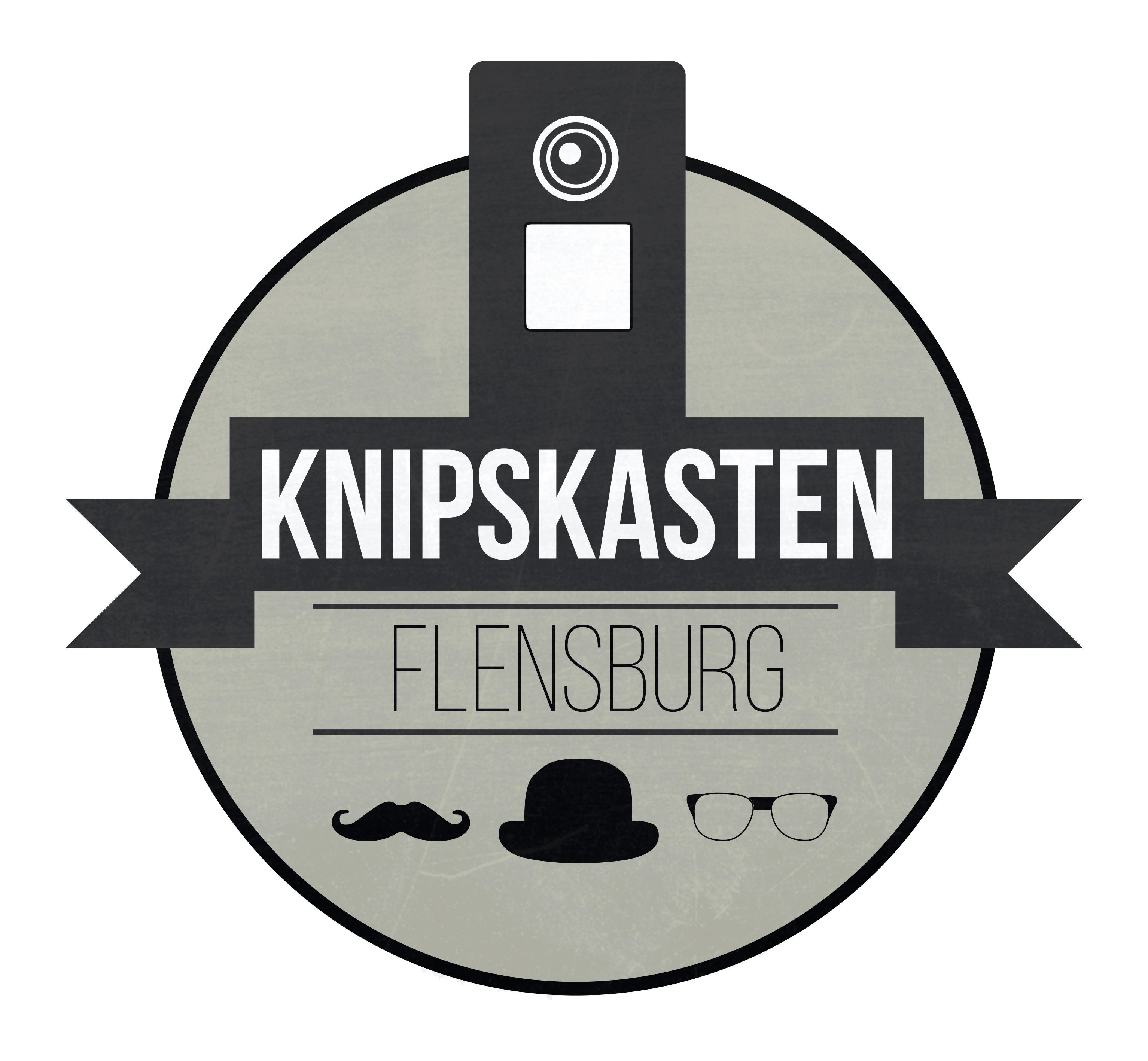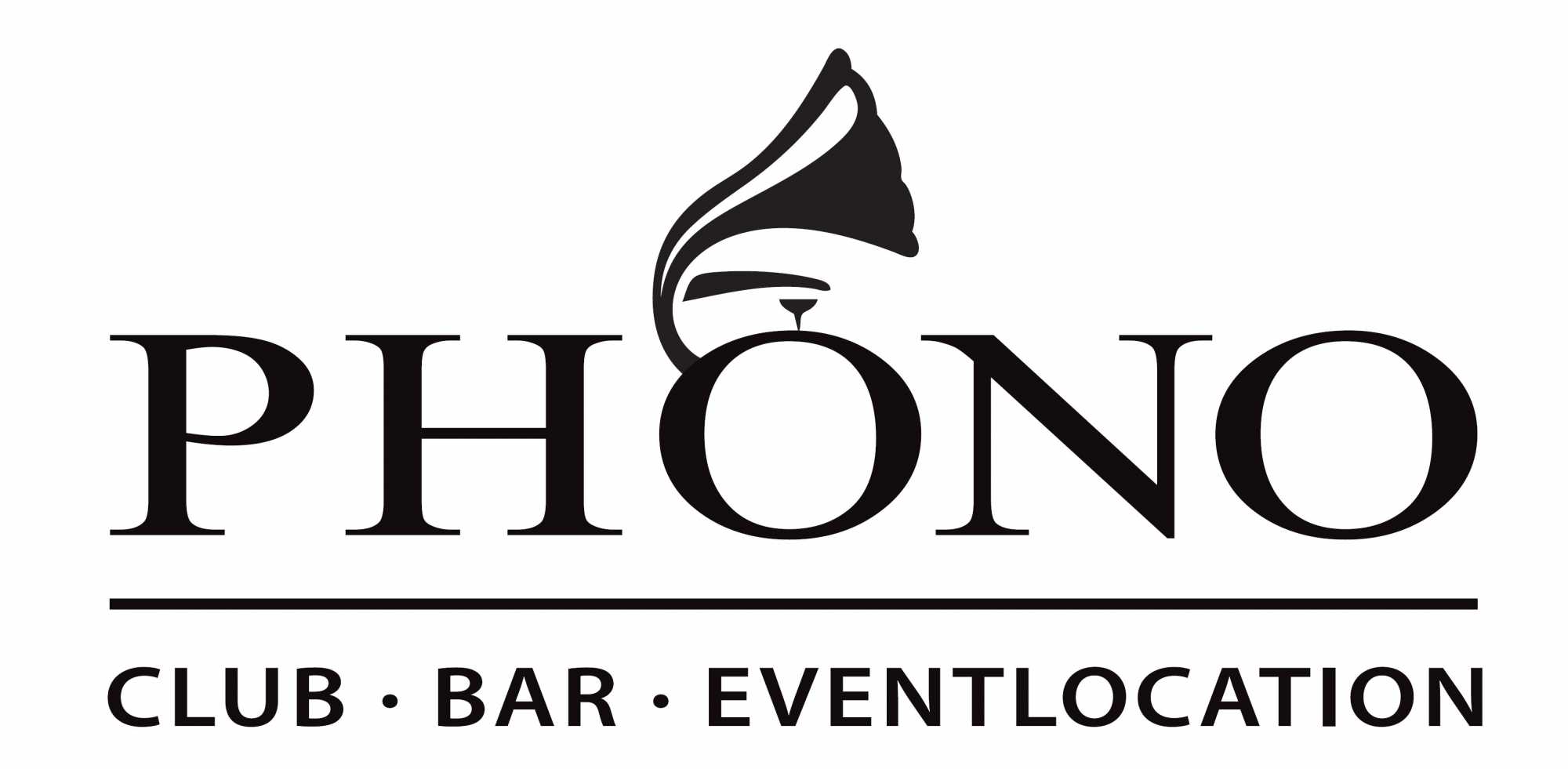The 5th EUROPEADA is a celebration of diversity and football!
While the first teams are already leaving the UEFA European Football Championship in Germany, 880 players from 33 teams in twelve countries are eagerly waiting for their European Championships to finally begin. This also includes the members of the Roma ethnic group in Romania. They want to make their team "a source of motivation for all young people" from their minority group, they write on Facebook. The team unites players "who sleep with the ball, wake up with the ball, who live, eat, breathe and sweat football, but who are powerless and alone with their dream due to various circumstances".
The dream comes true
When the 5th EUROPEADA is ceremoniously opened in Schleswig on 29 June, all 33 teams will begin to live their dream of a big football festival together. For one week, the European Football Championship of the autochthonous minorities will be hosted in the German-Danish-Frisian border region. From Sunday, the ball will be rolling in 14 stadiums "between the seas" - between Apenrade and Eckernförde, between Tönning and Sonderburg.
"As in 2008 in Graubünden, 2012 in Lusatia, 2016 in South Tyrol and 2022 in Carinthia, there will be more than just exciting matches and plenty of emotion," said Gösta Toft, North Schleswig resident and FUEN Vice President, at the group draw in December. "It will be a celebration of diversity". The Federal Union of European Nationalities (FUEN), the largest umbrella organisation of autochthonous national minorities, has been organising this unique tournament from the very beginning.
Two countries - four minorities
This year, for the first time, two countries and four minorities are jointly hosting the tournament: the Germans in Denmark, the Danes in Germany, the North Frisians and the German Sinti and Roma. For decades, their cooperation has symbolised "that it is not a contradiction to hold on to your own language, identity and culture – and to be open to others," says Rasmus Meyer from the South Schleswig Association (SSF), the main cultural organisation of the Danish minority in Germany.
During the tournament, around 1,000 people, including carers, will have the opportunity to get to know other minorities. "When we look out into the world, it is unfortunately more important than ever that events like this take place," says Thore Naujuck, Head of Department at the German Youth Association for North Schleswig. "For minorities, the EUROPEADA offers the opportunity to come together, exchange ideas and learn from each other."
Top-class amateur football
In addition to being a celebration of diversity, the EUROPEADA is also a celebration of football. The 80 matches promise top-class amateur football. The teams spend months preparing for the tournament and will do their utmost to represent their minority in a worthy manner.
The number of men's teams has risen from 17 to 24 since 2008. Newcomers include the Friulian selection from Friuli in Italy, the German team from the Czech Republic and the representatives of the Bulgarian minority and the Roma from Romania. The women's tournament has also grown steadily since its premiere in 2016 and is being held with nine teams for the first time. The hosts from North and South Schleswig and the Germans in Poland, playing as FC Upper Silesia, are new to the tournament.
Pioneers and favourites
The North Frisians were once the pioneers of women's football at the EUROPEADA. When their ethnic group was unable to field a men's team at the first edition of the tournament in 2008, they sent a women's team. "The challenge of representing North Frisia took centre stage," says Frank Nickelsen, Managing Director of the North Frisian Council. "Although the sporting results were devastating, the Friesian women achieved a level of attention that was hardly thought possible." Reports in foreign television stations and on ARD's Tagesthemen showed what opportunities the EUROPEADA offers for public relations work. "But the focus is on standing up for your region and your identity," says Nickelsen.
While the sporting performance of the newcomers is difficult to assess, there are clear favourites among the regulars. In the men's competition, the South Tyroleans have won all the tournaments so far and are once again highly rated alongside the Slovenians in Carinthia and the Occitanians in France. The two-time winners from South Tyrol and the defending champions from Team Koroška in Carinthia are also the favourites in the women's event.
The third half – public viewing and lots of culture
In the evenings, the teams share the excitement of the European Championship with their respective home countries at public viewings in neighbourhoods. After the preliminary round, the ball stops rolling for a day on Wednesday. Then the 24 minorities get to know each other from a completely different angle at the cultural day on Knivsberg in North Schleswig.
"That's why I think EUROPEADA is so great: it's about the cause, it's about passion for football, it's about fairness and tolerance and about everyone being part of the whole," says Europeada ambassador Mads Buttgereit, who grew up in two cultures himself as a South Schleswig native. As assistant coach of the German national football team, Buttgereit is not travelling between Apenrade and Eckernförde at the moment, but between Munich and Berlin.
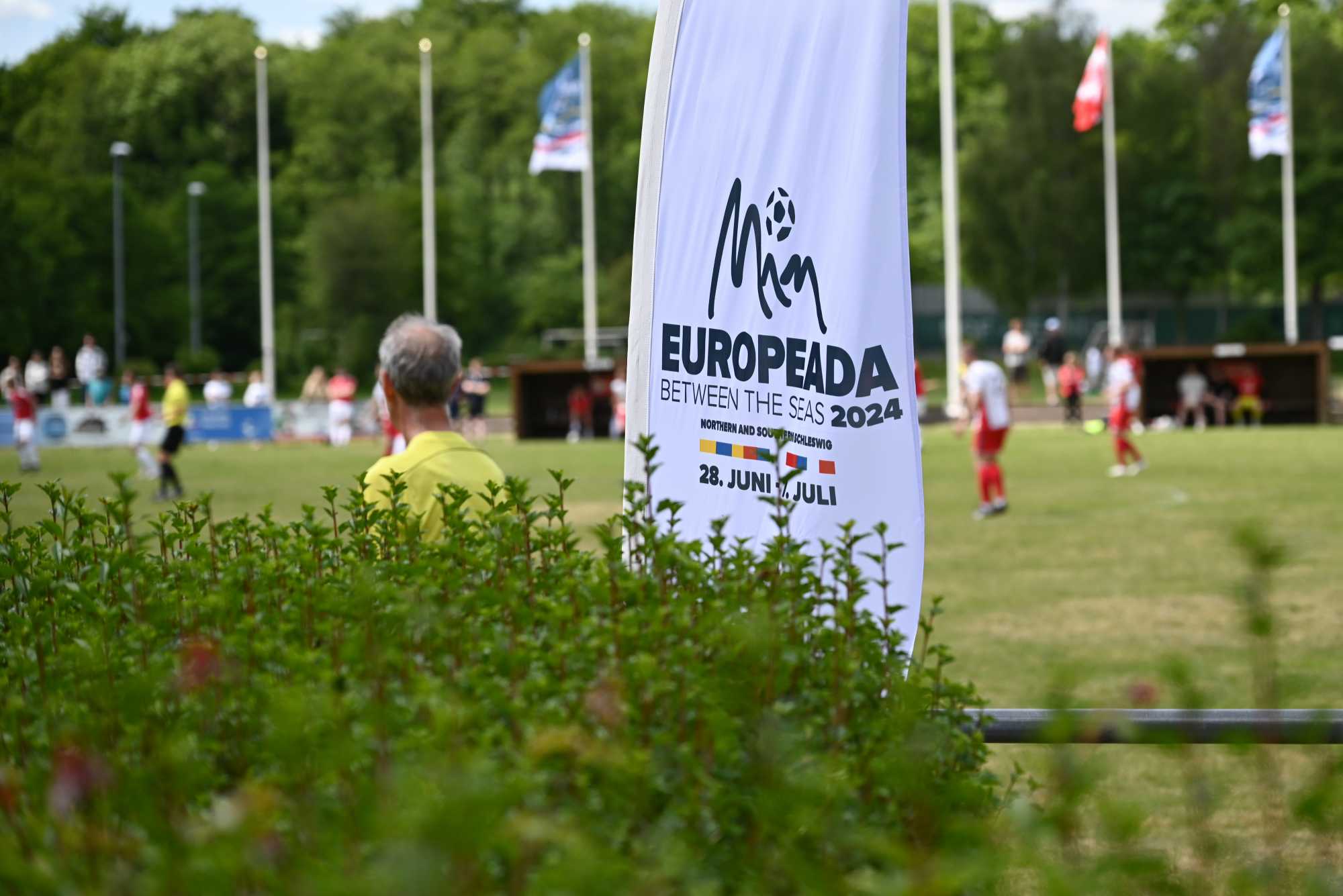
.png)
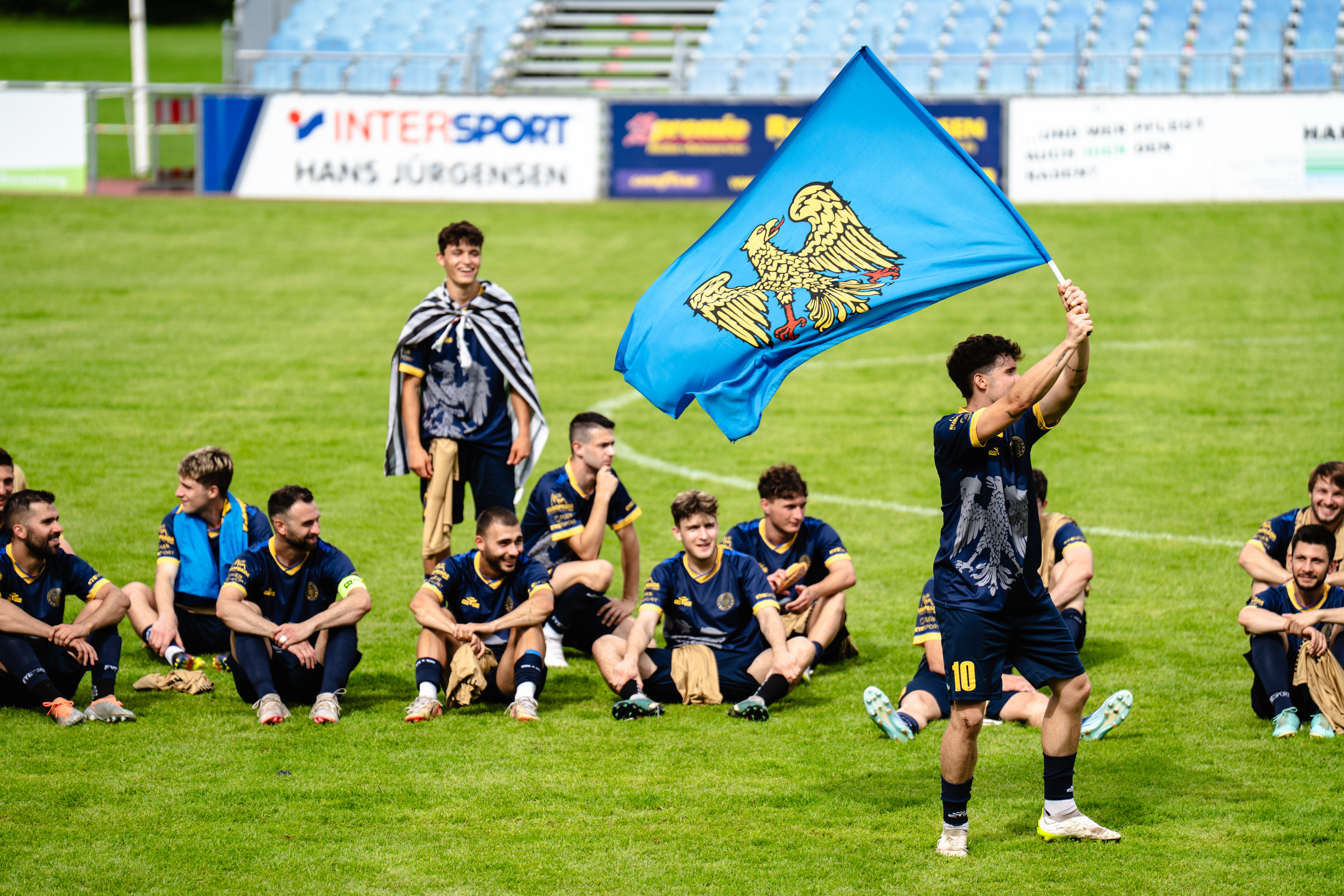
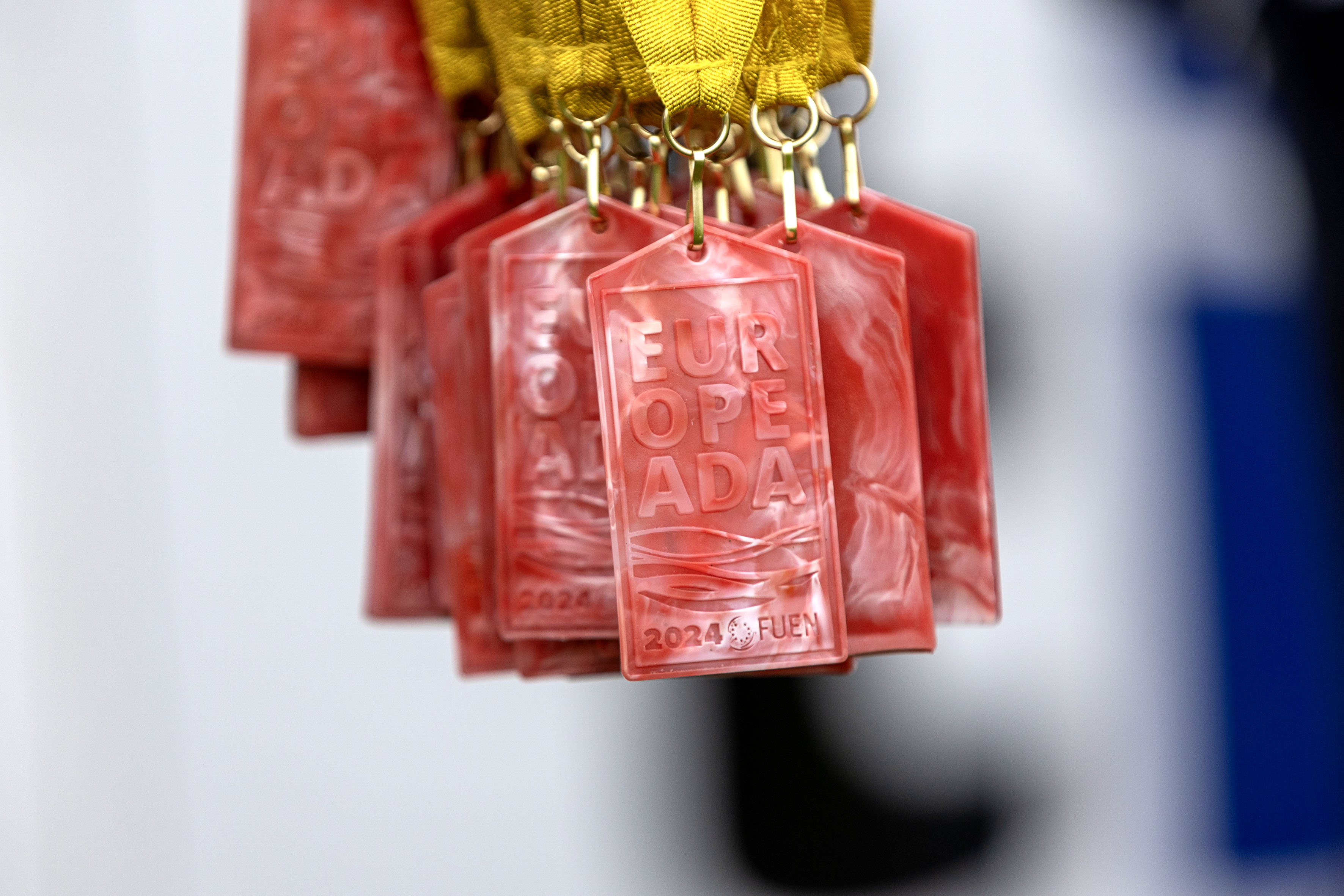
.jpg)

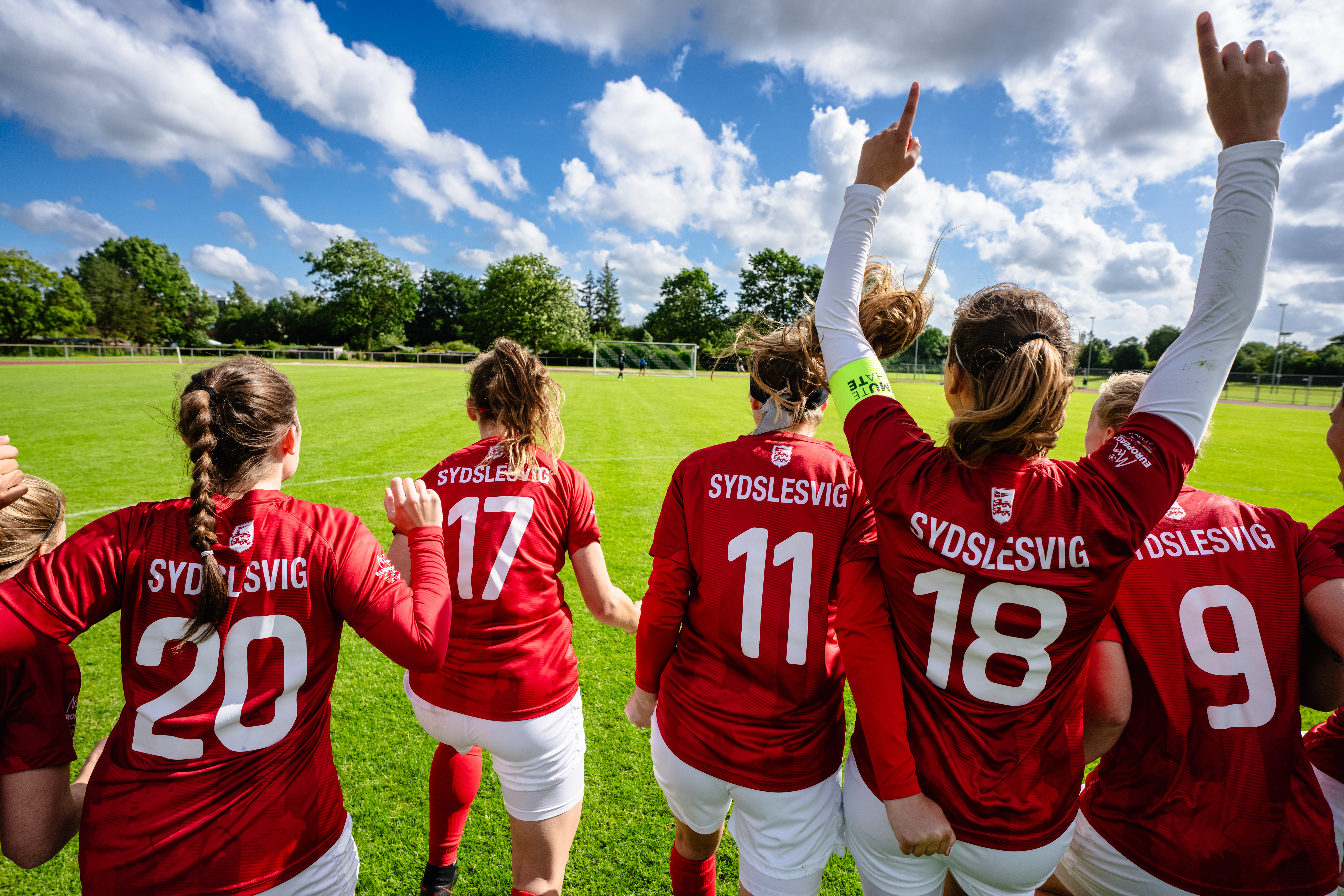

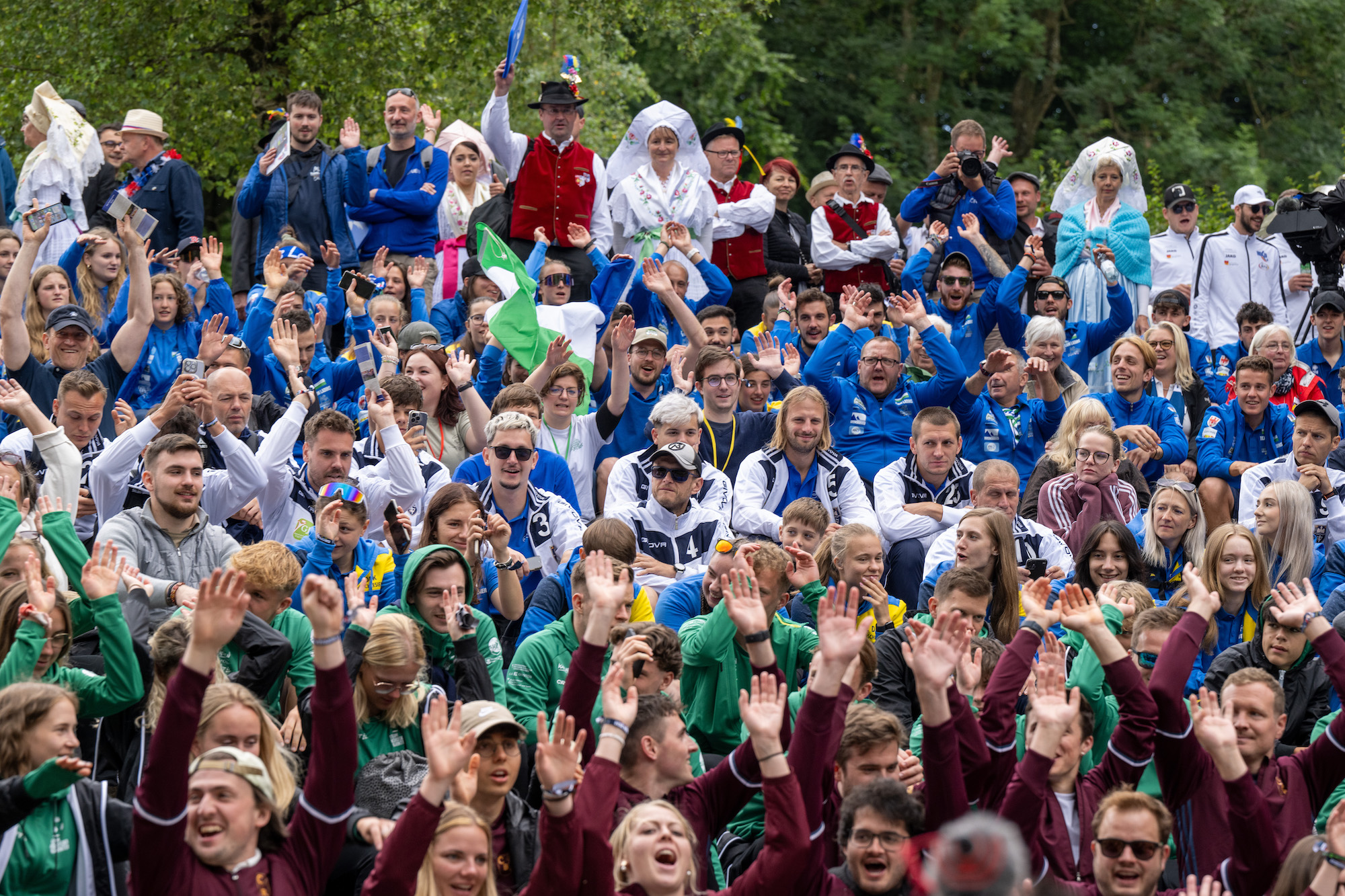
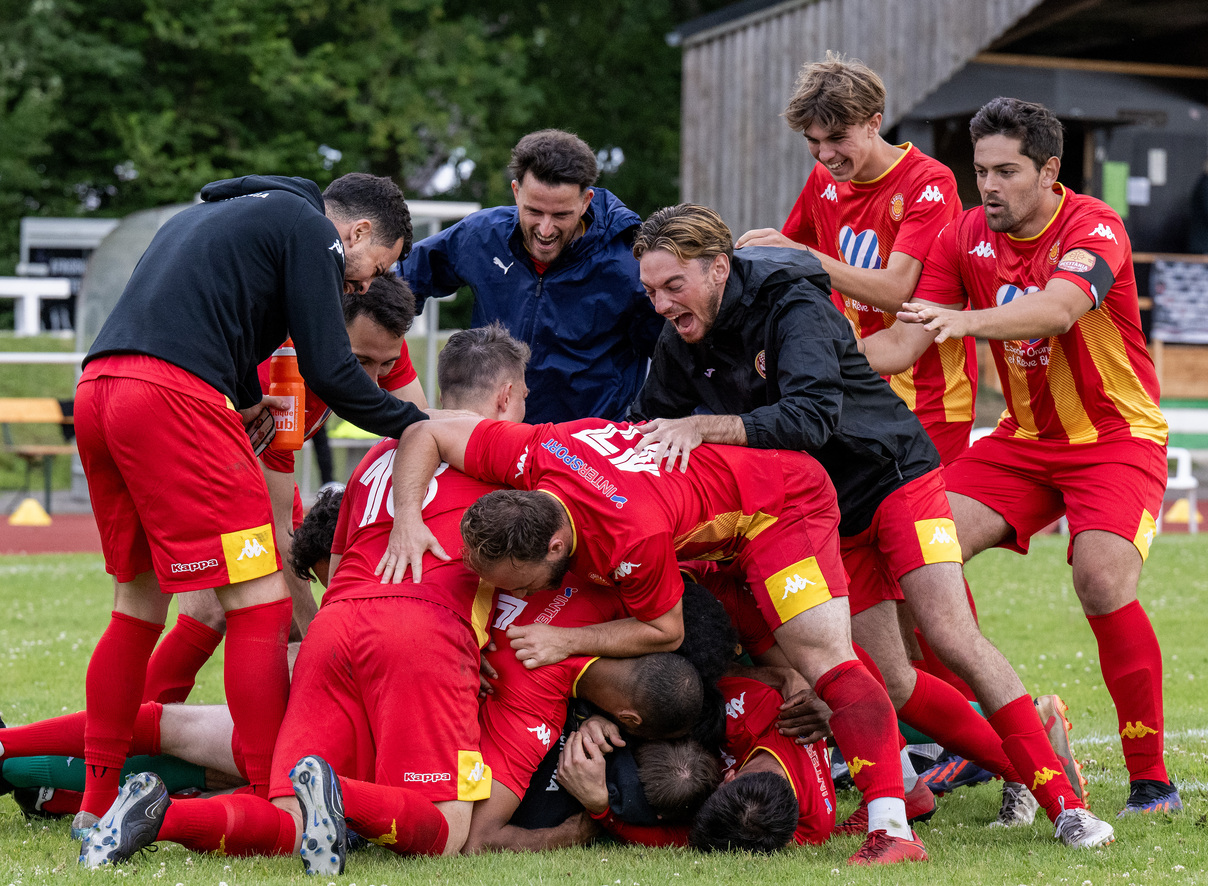
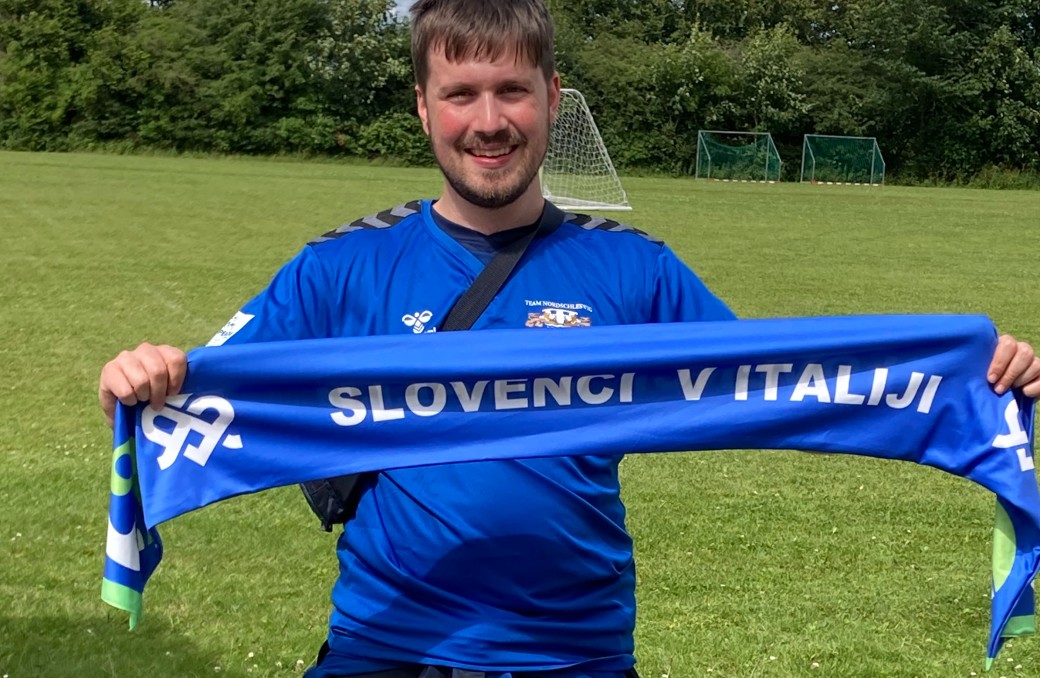
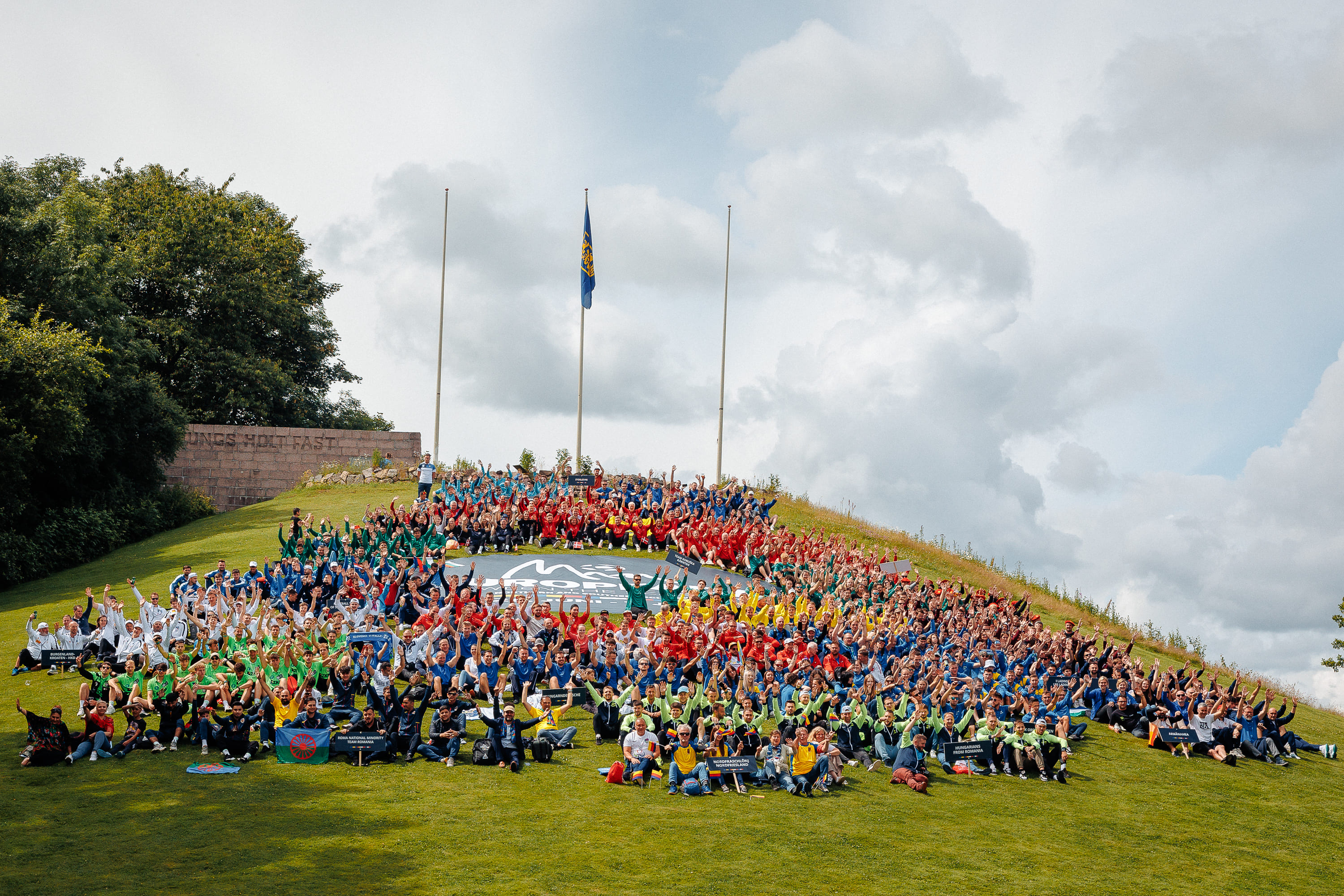
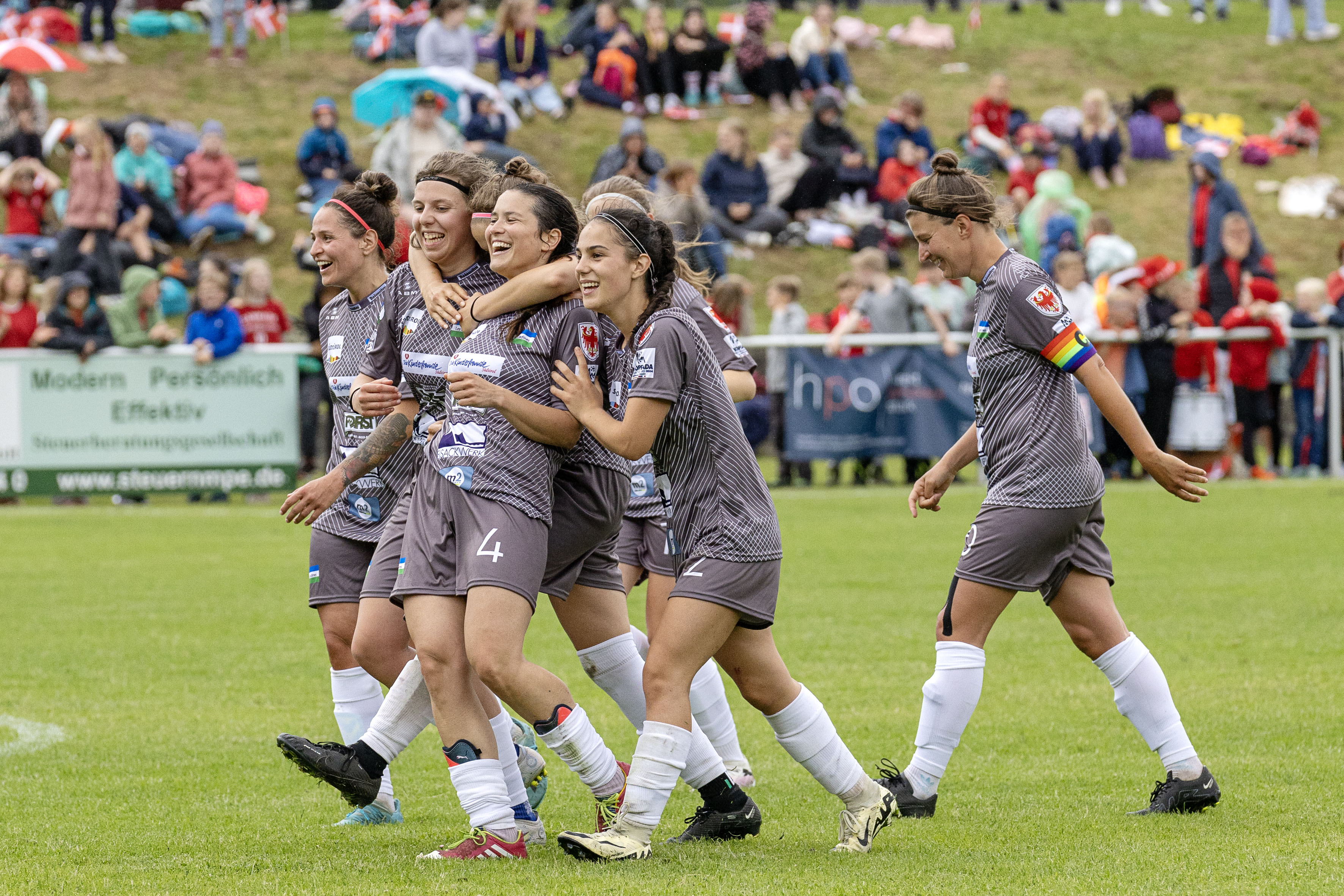
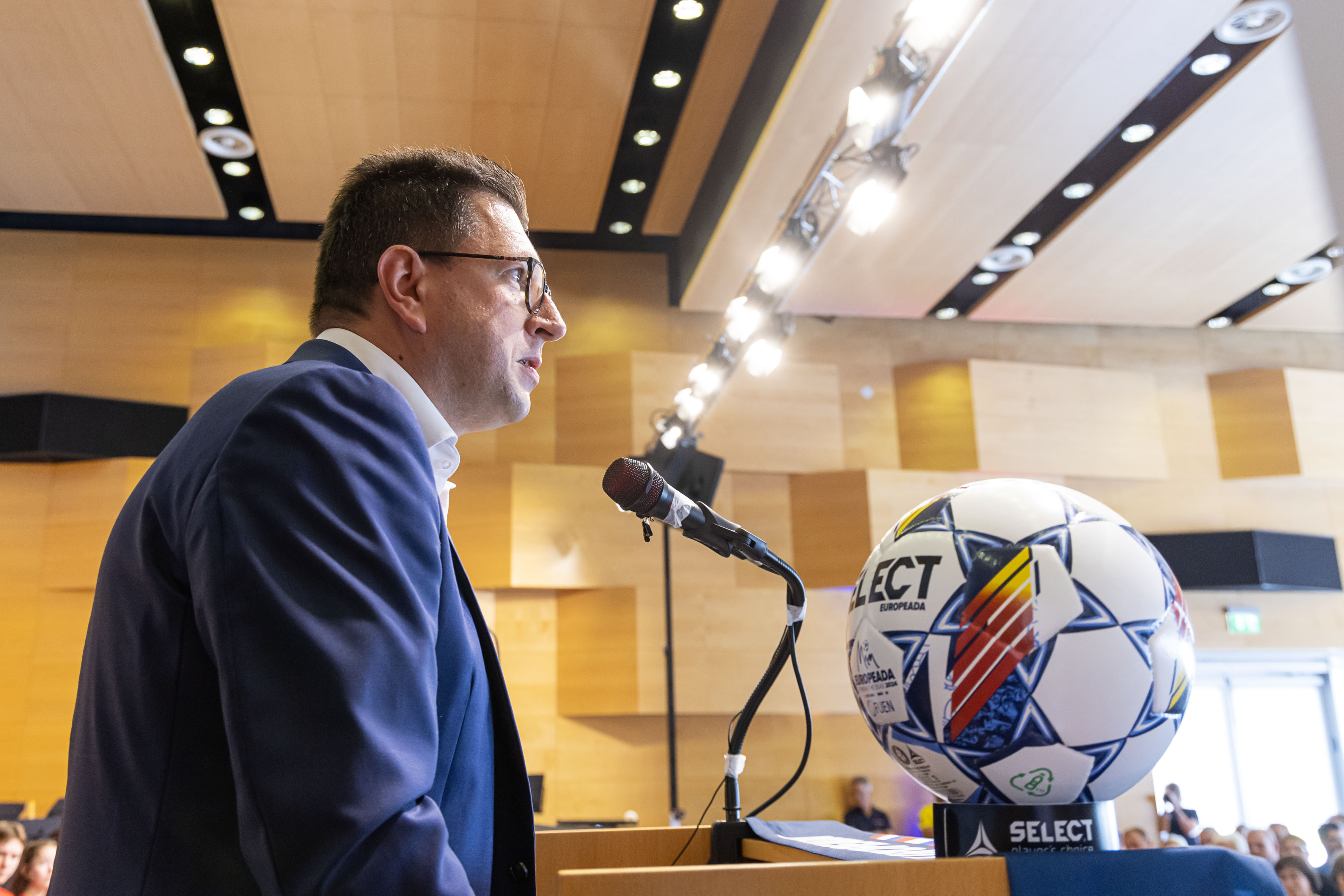
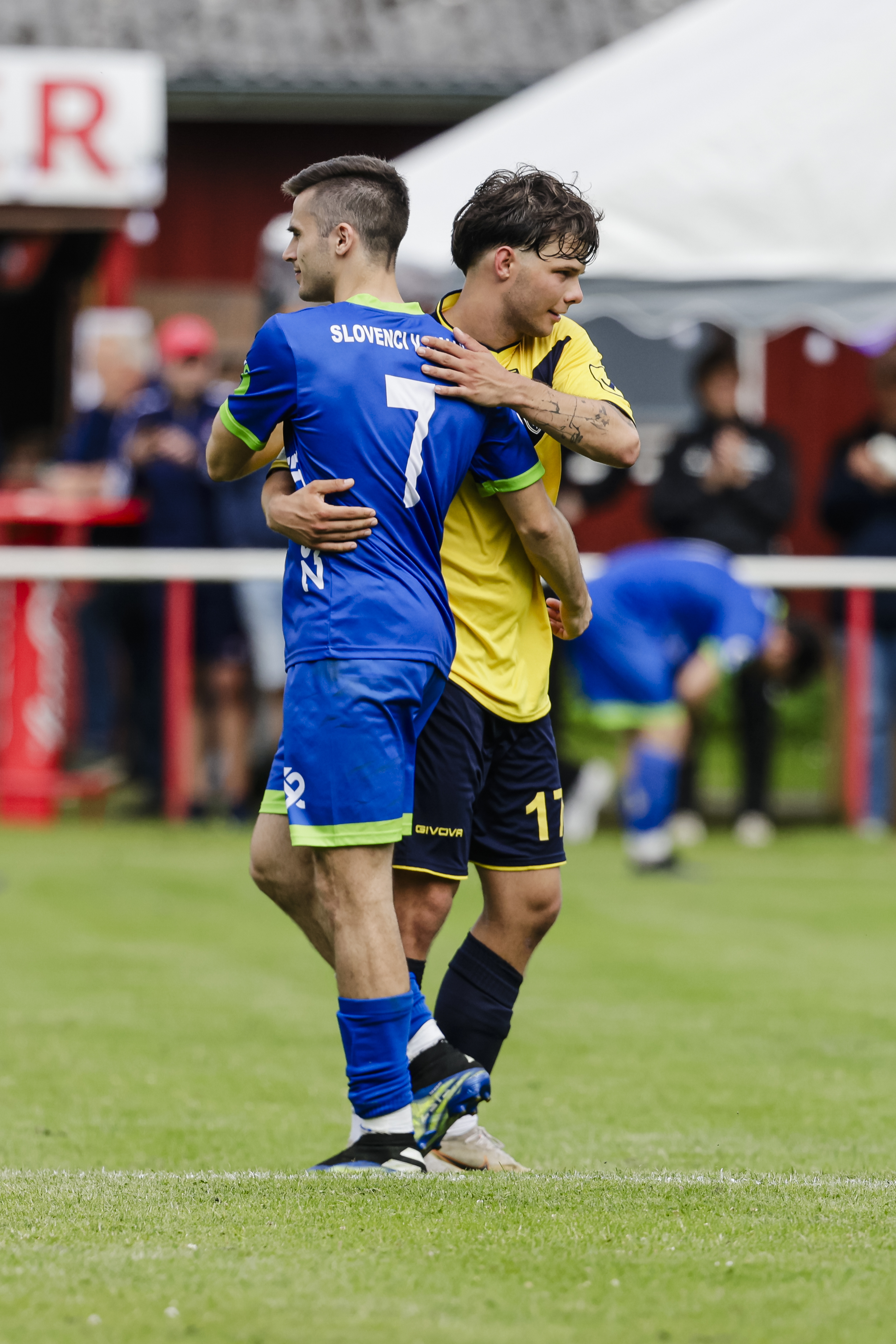
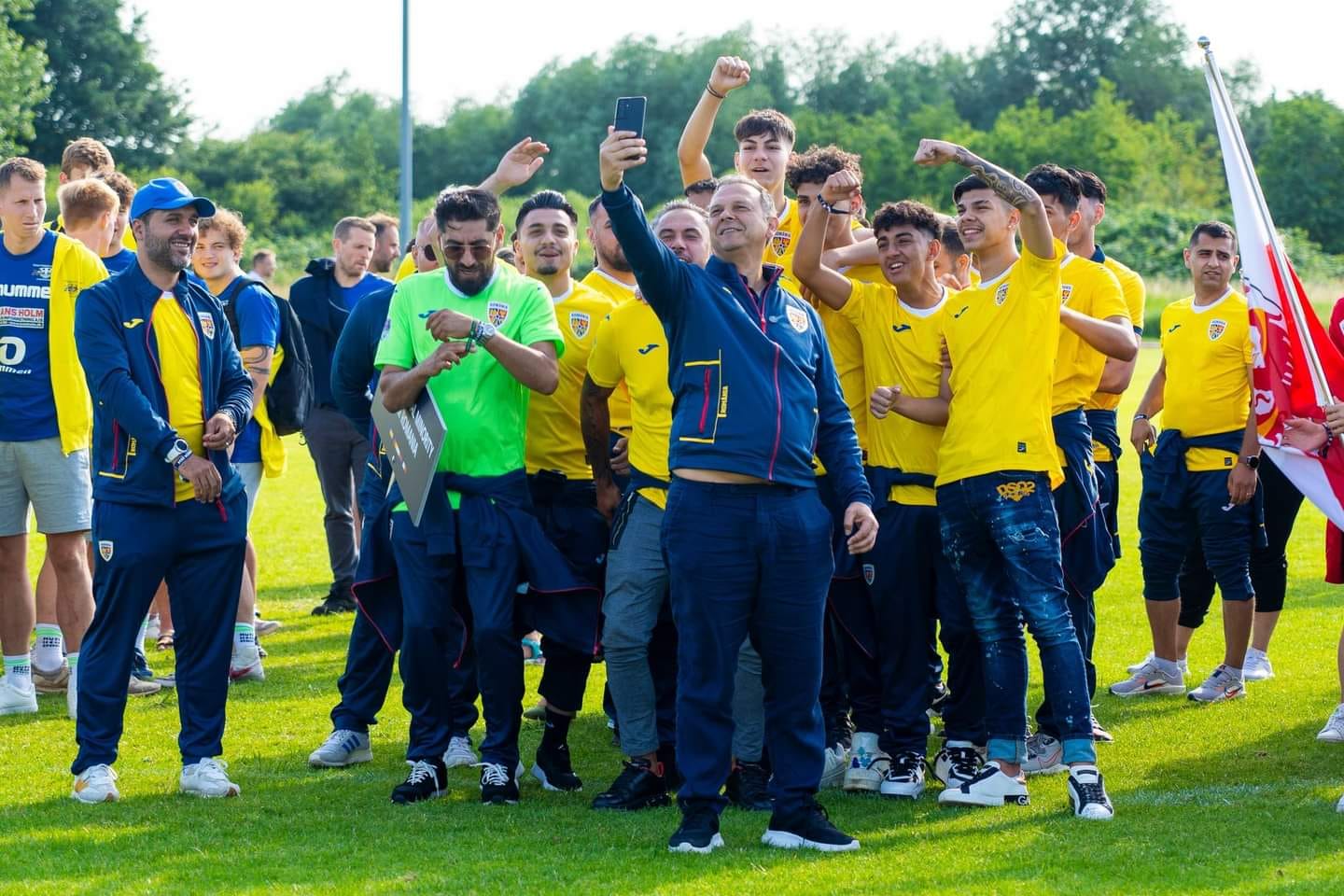
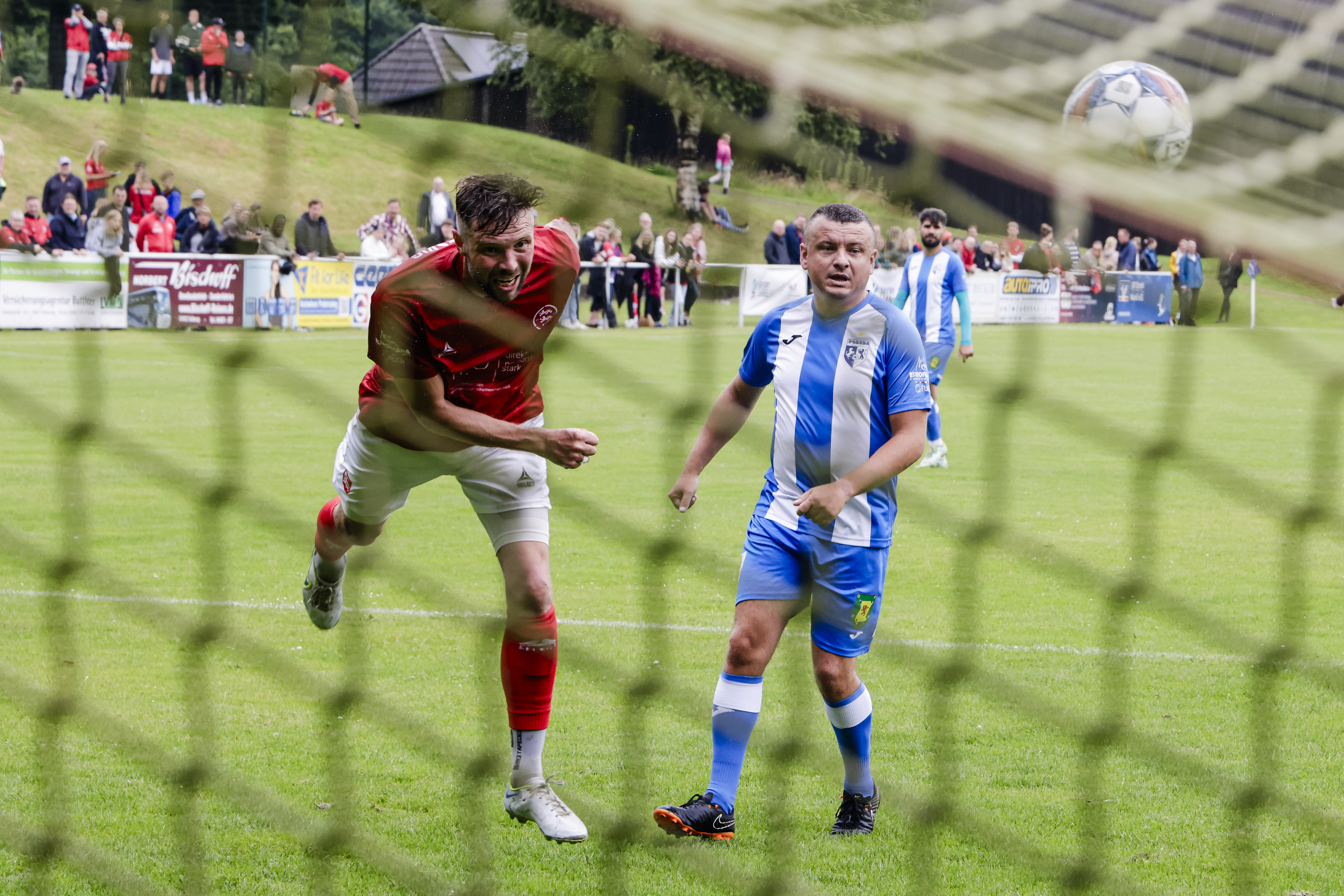
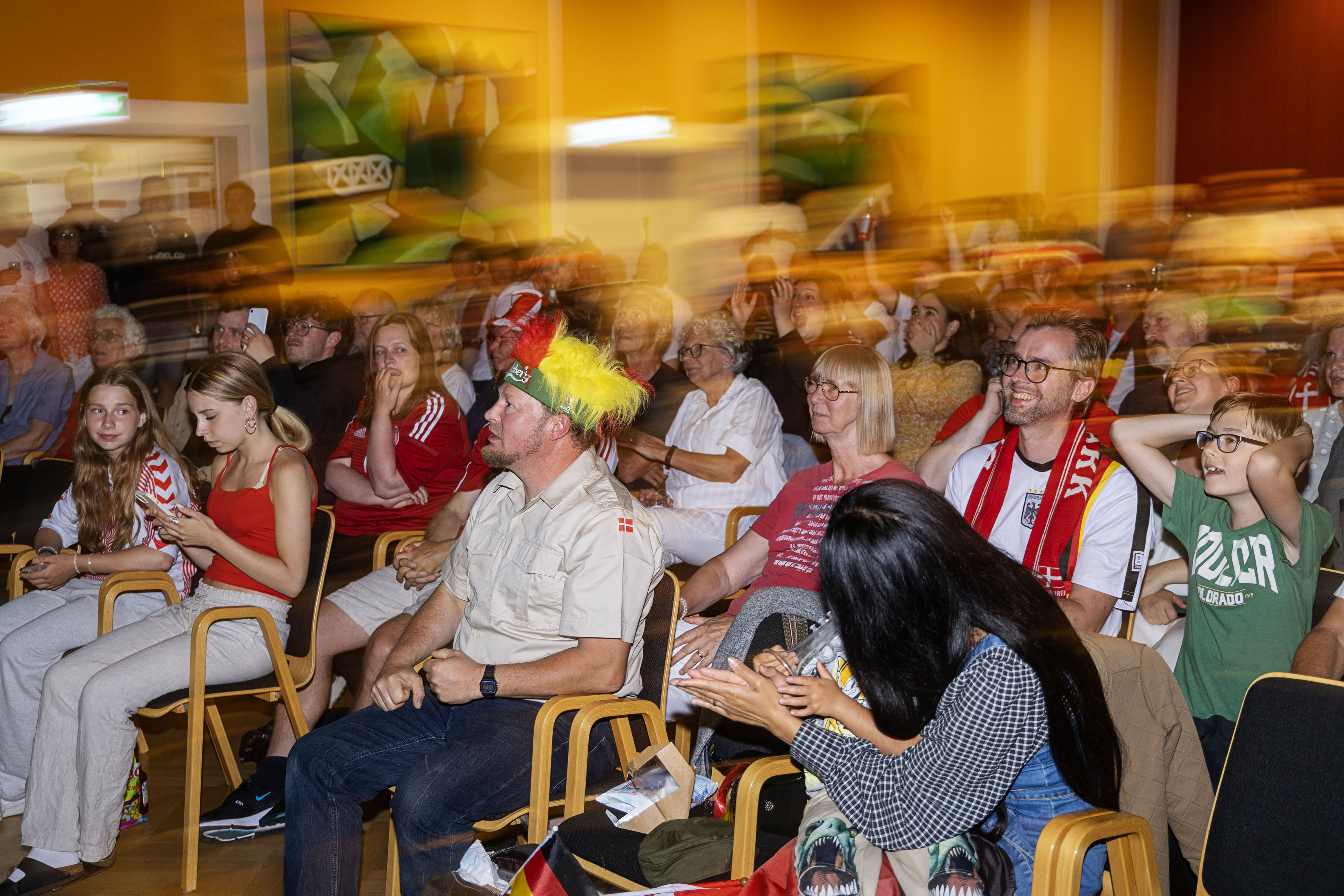
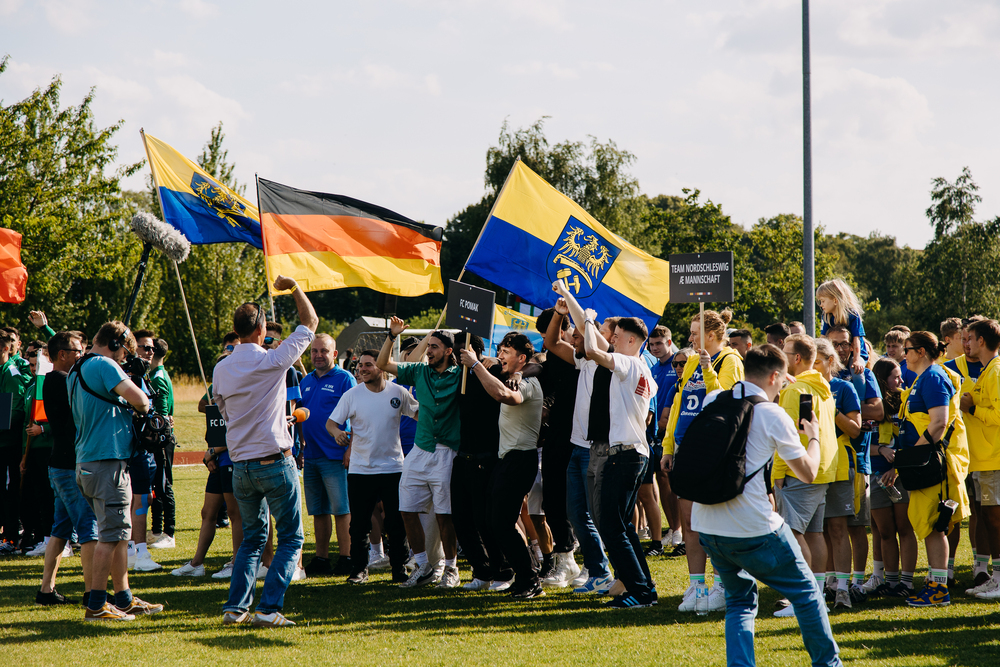
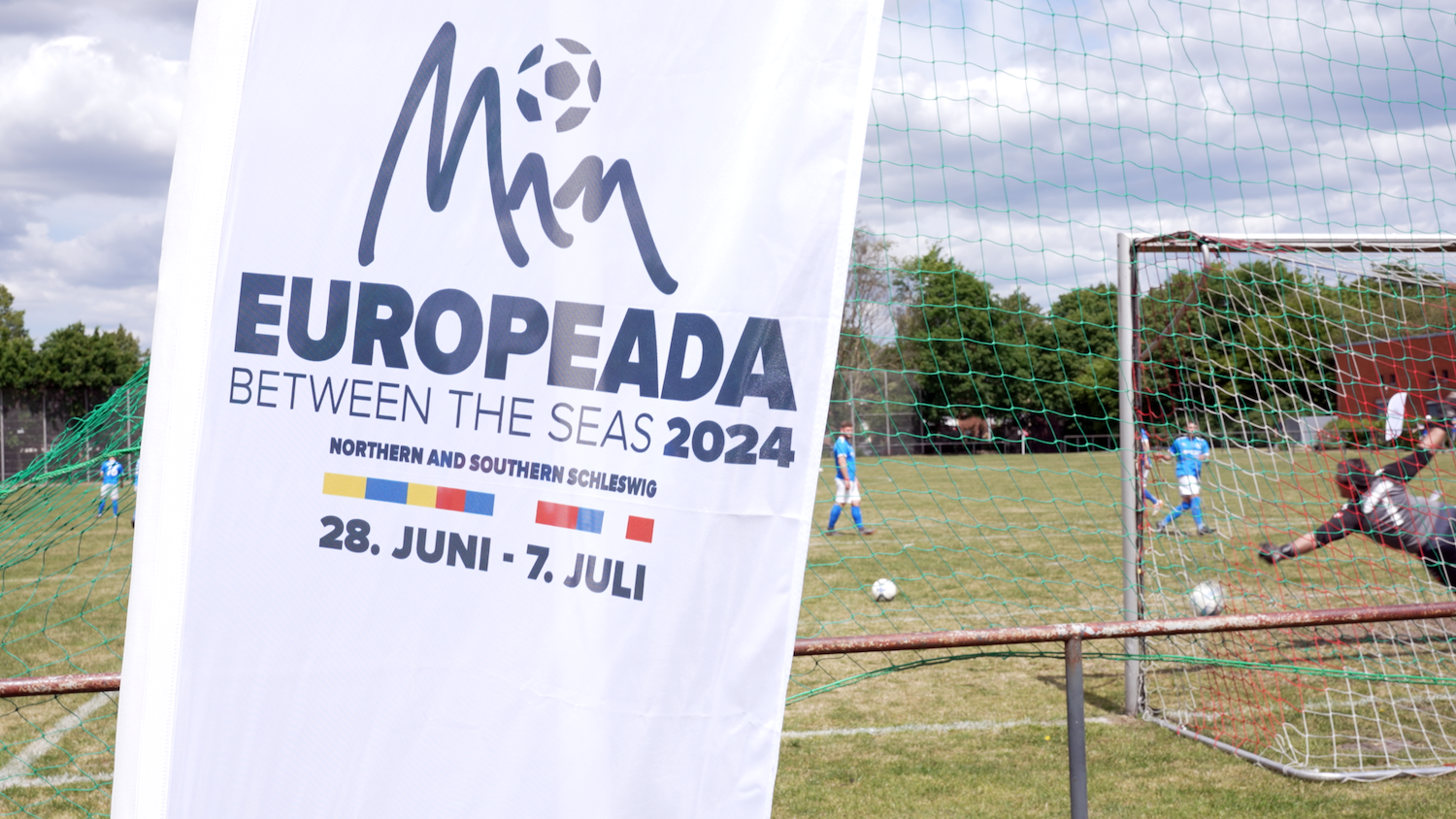
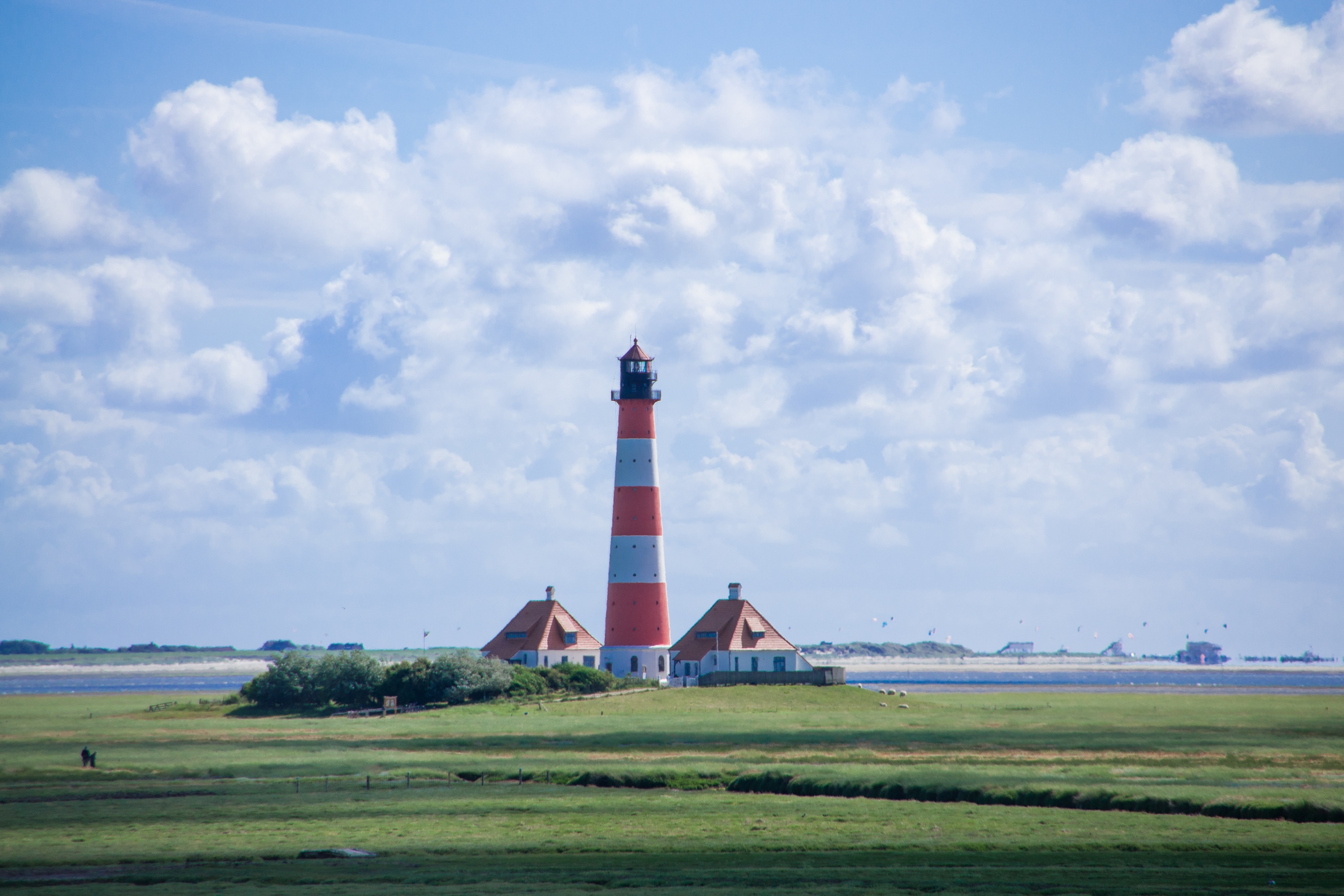
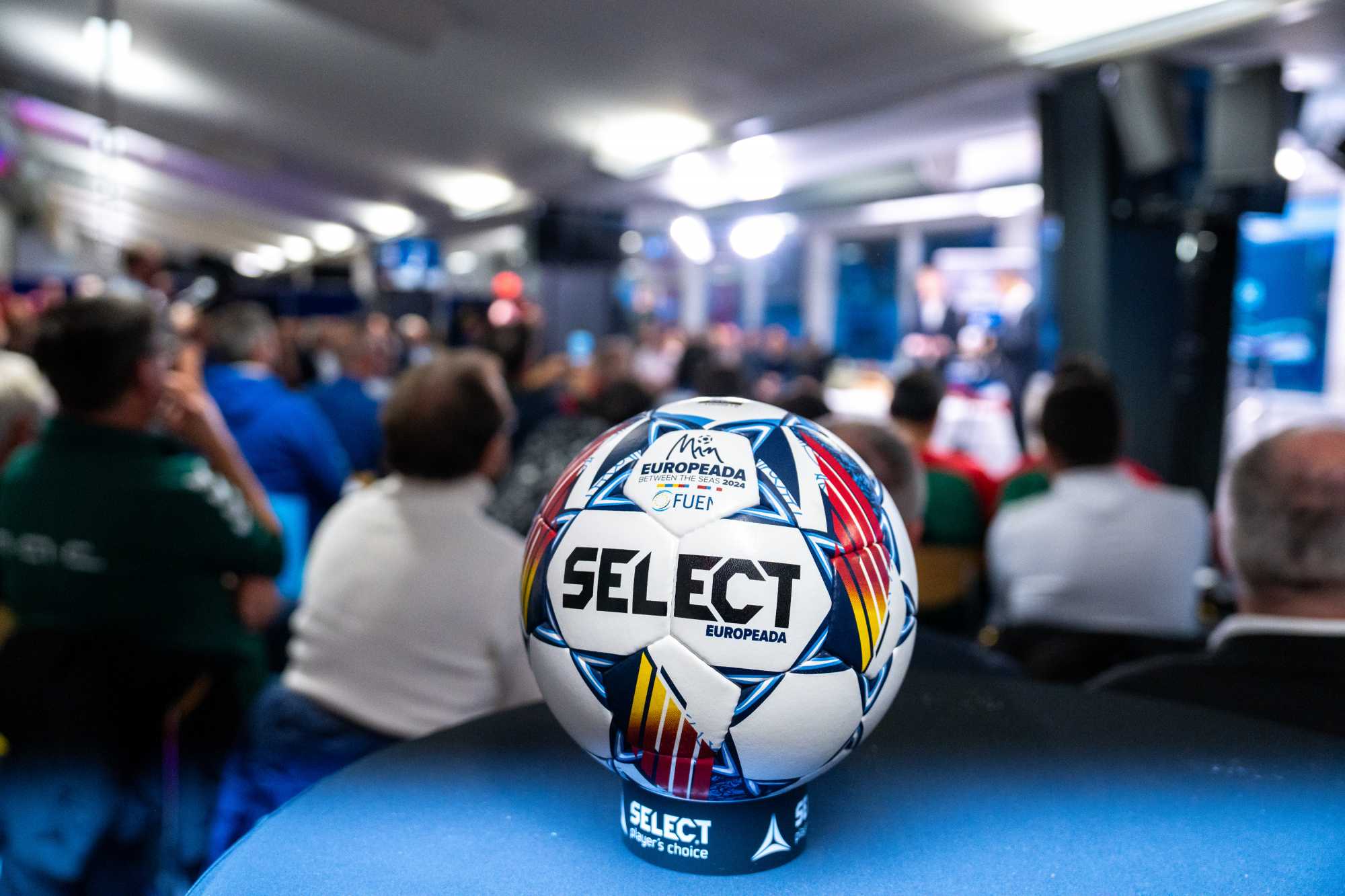
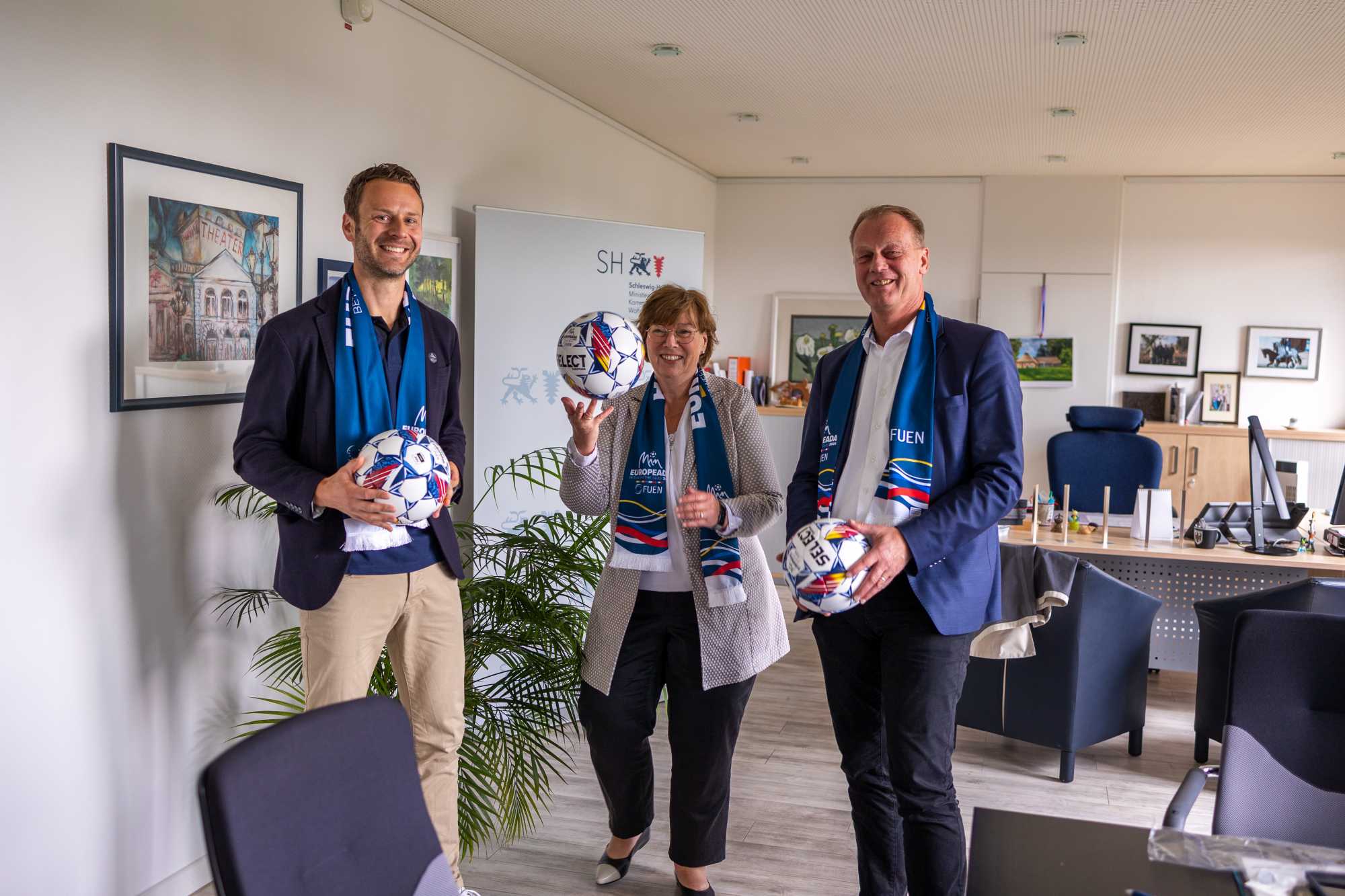
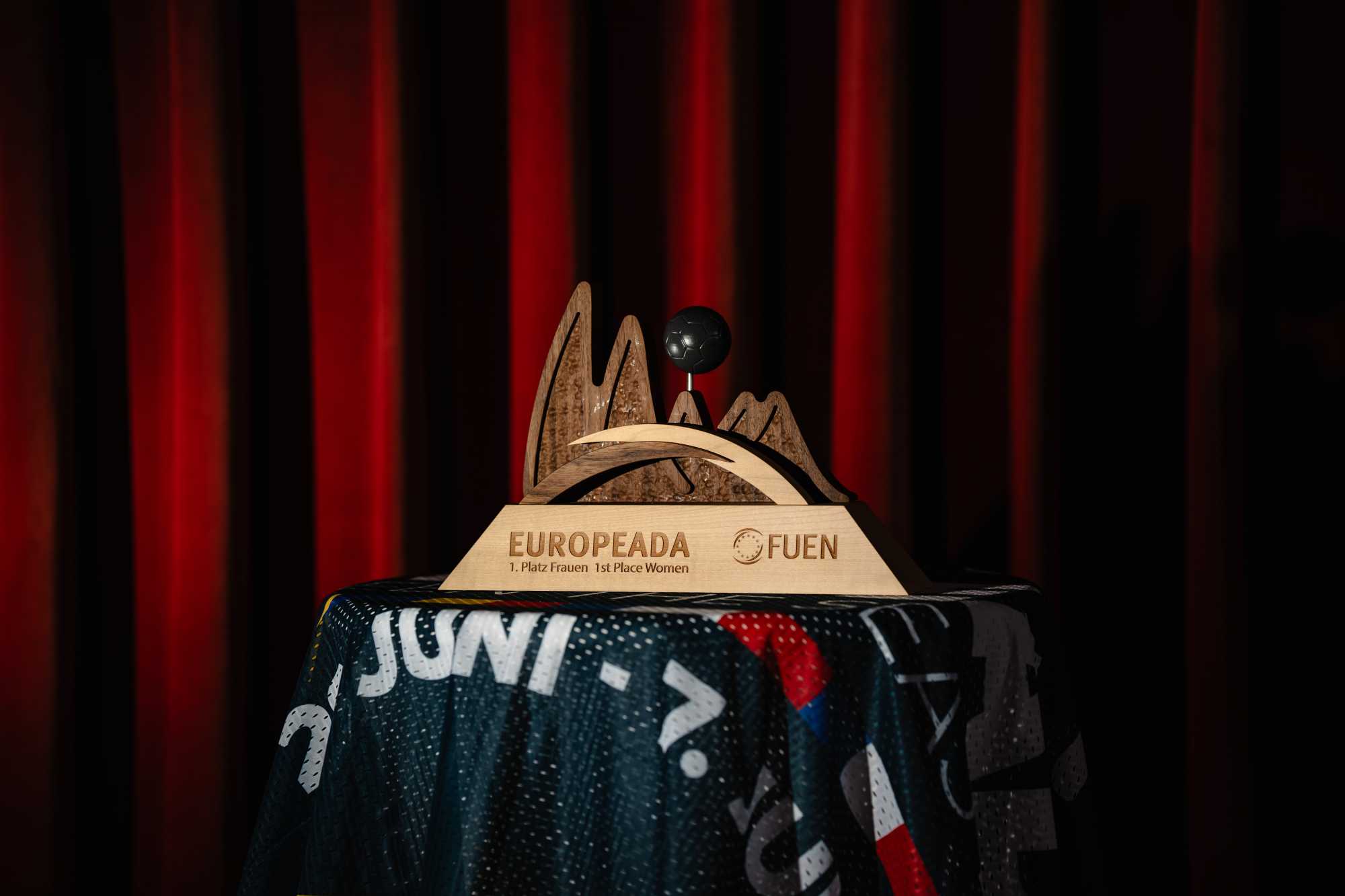

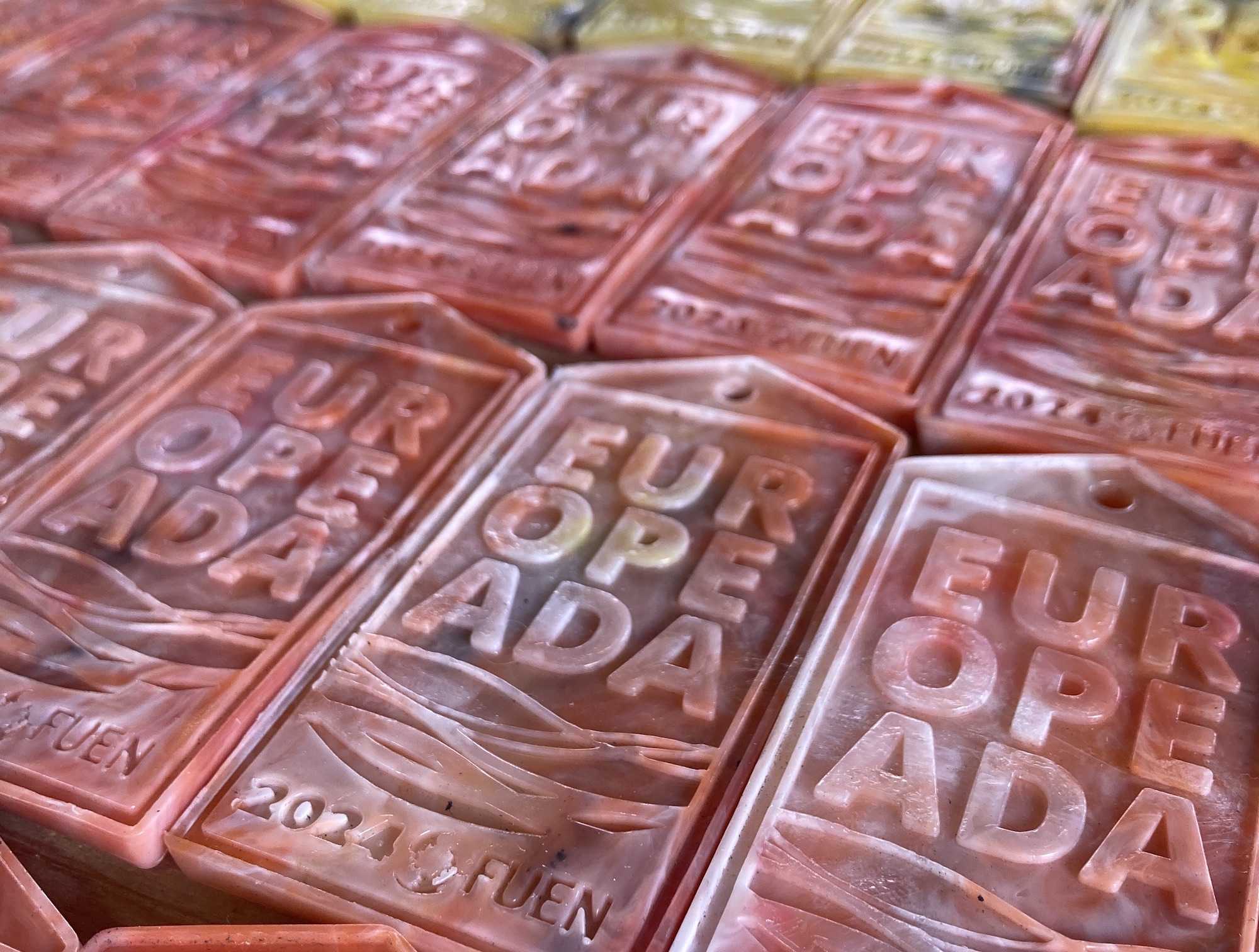
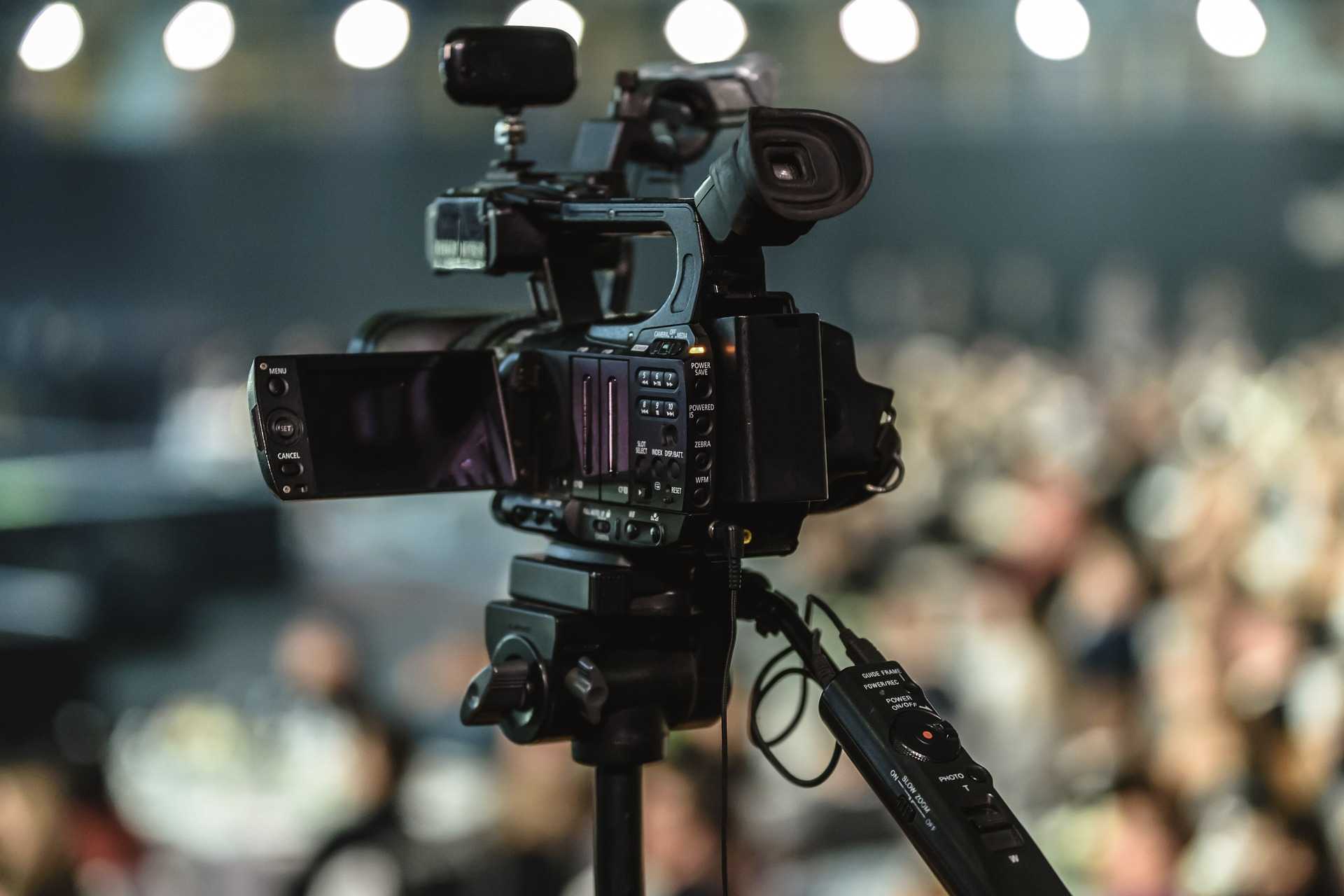
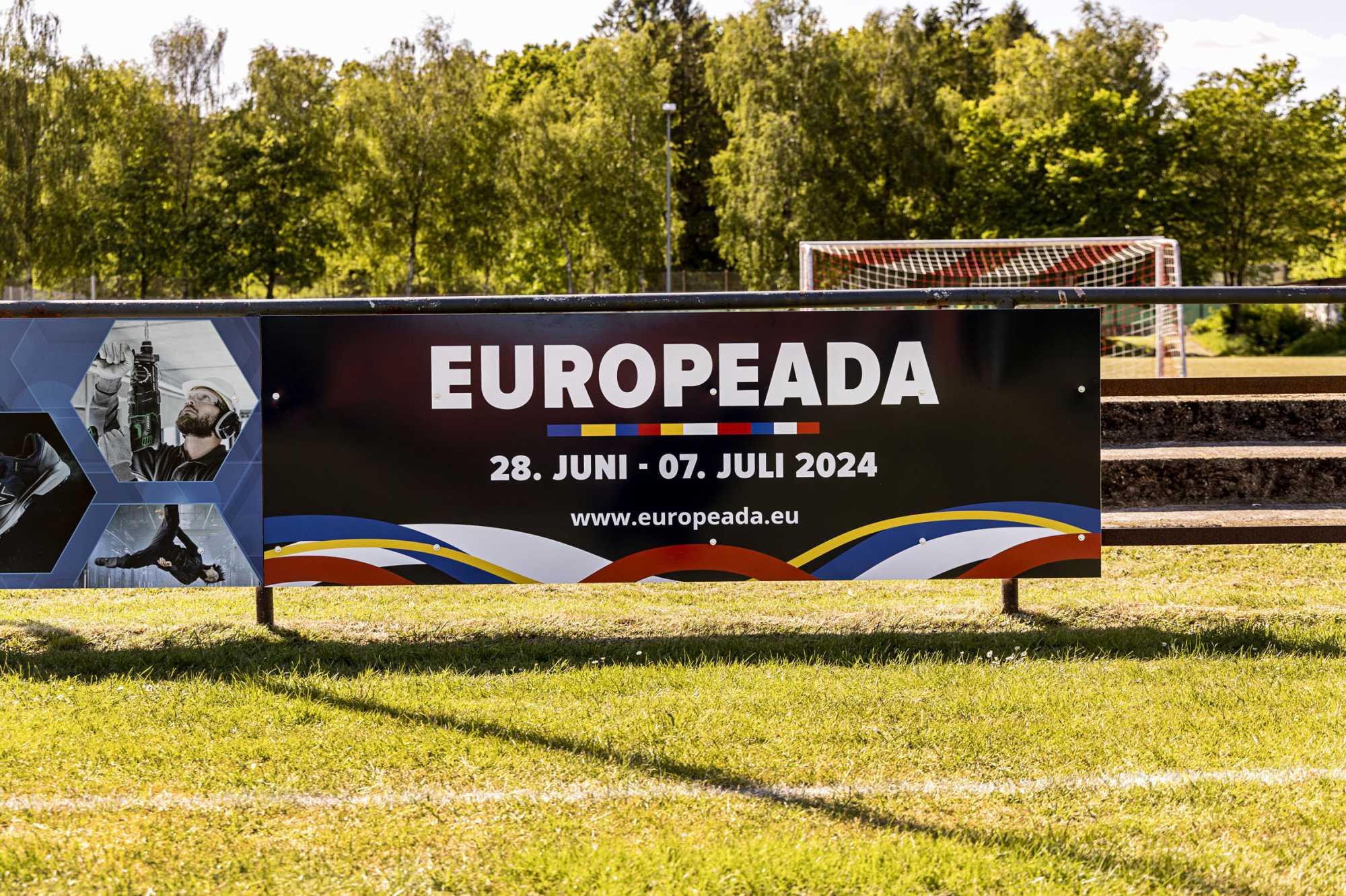
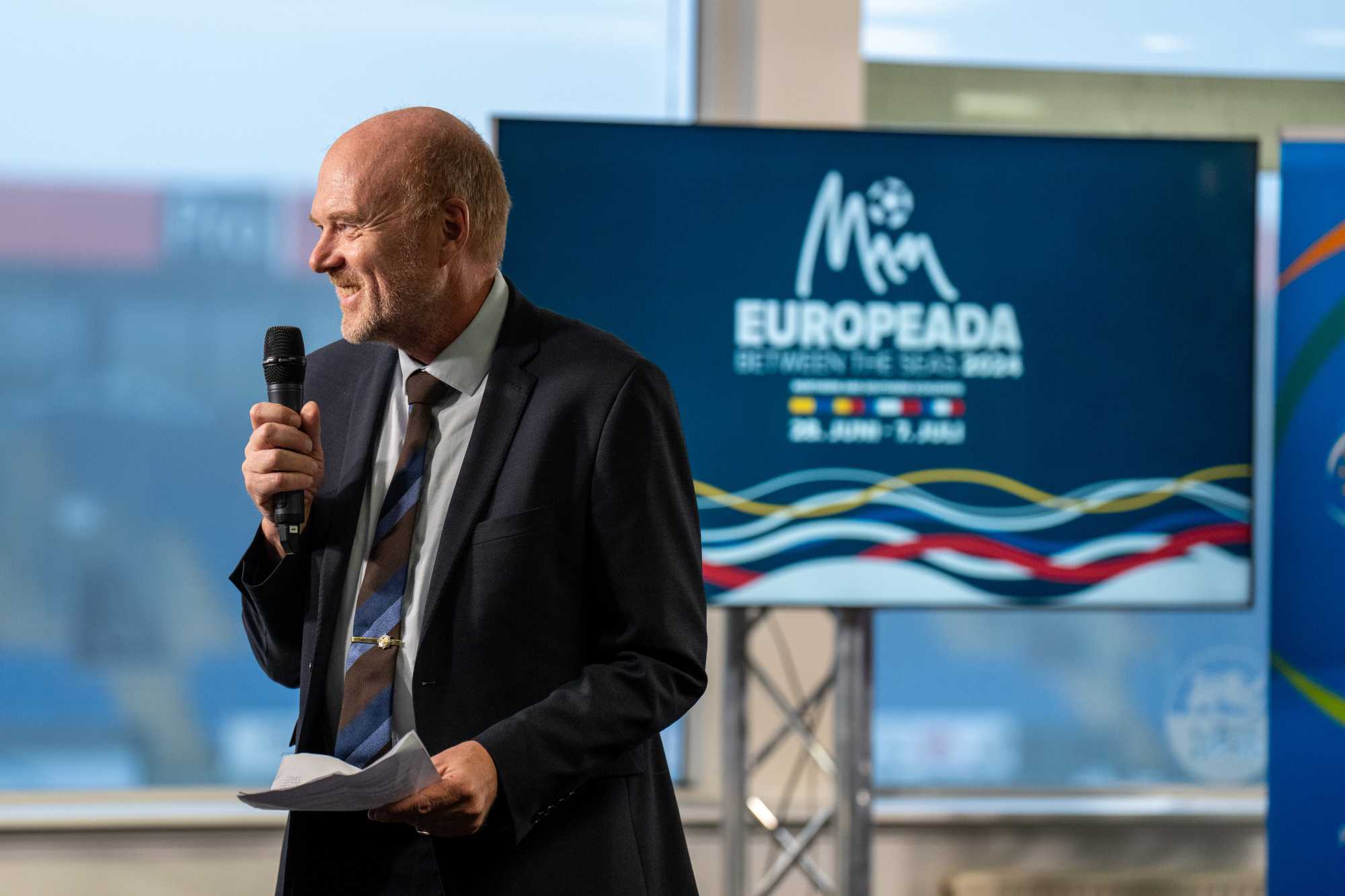
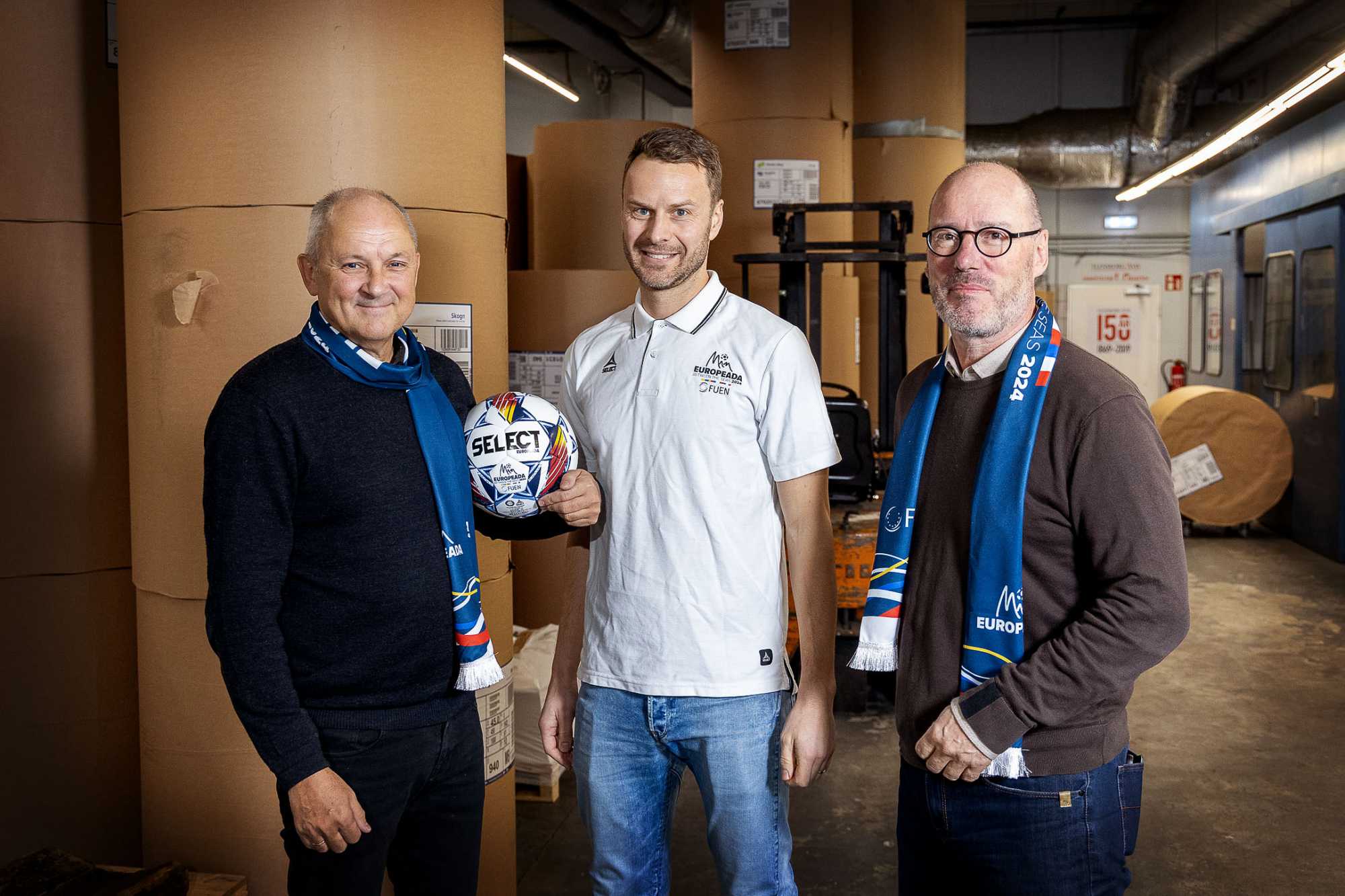
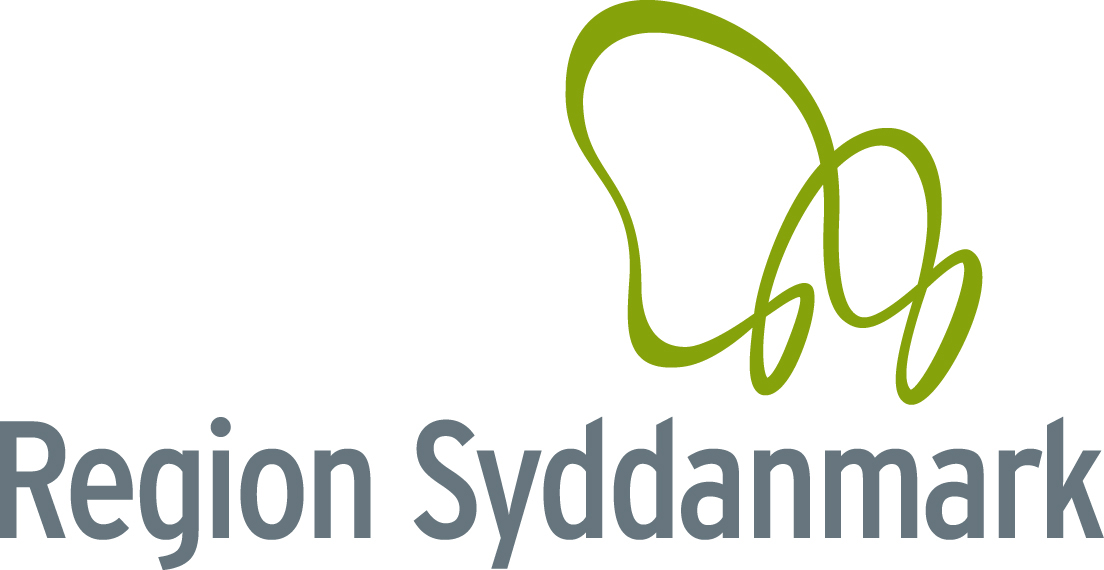
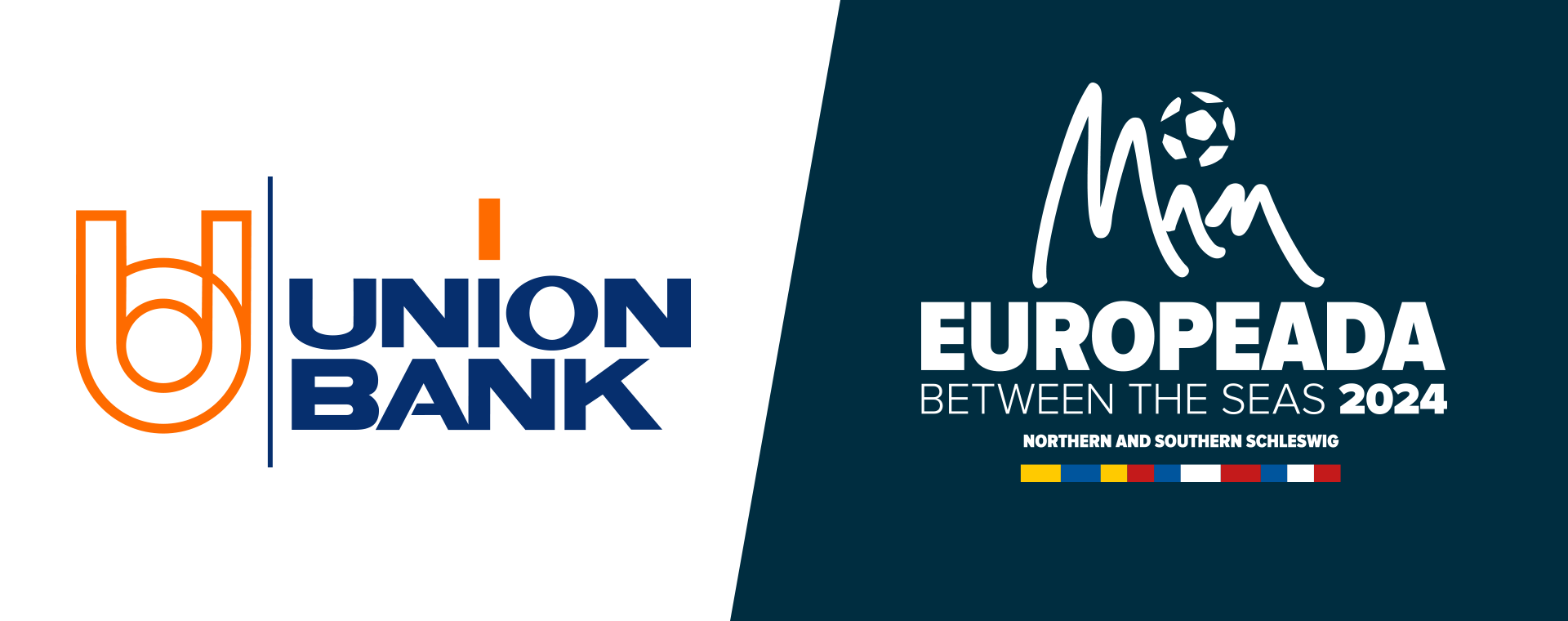
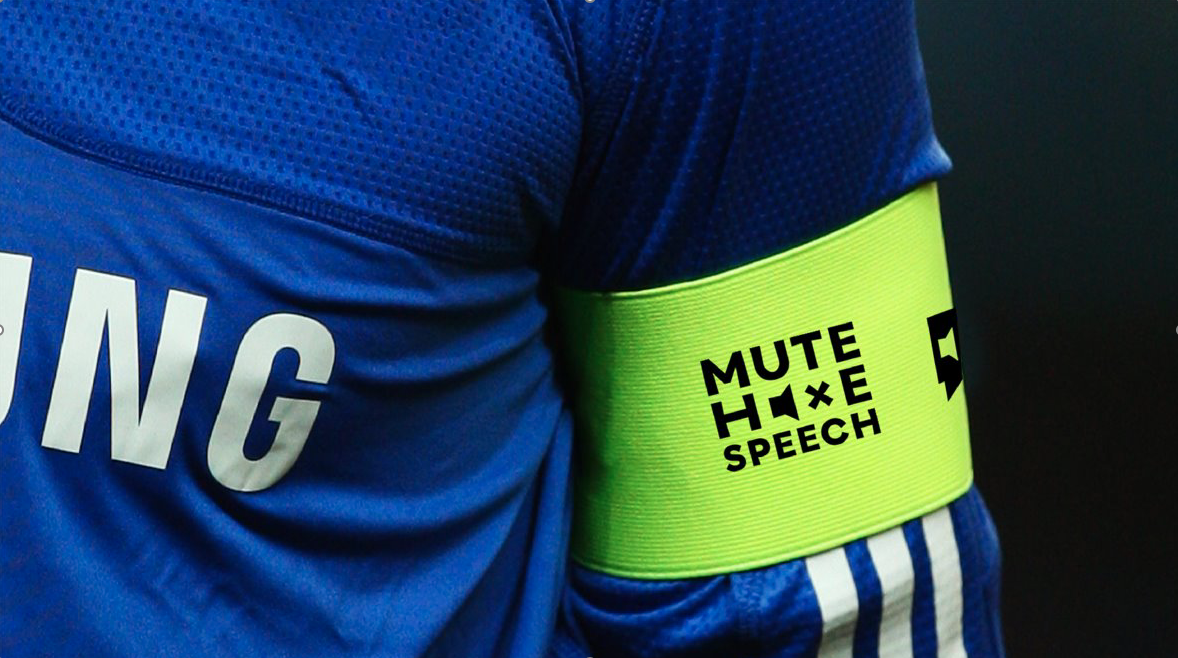
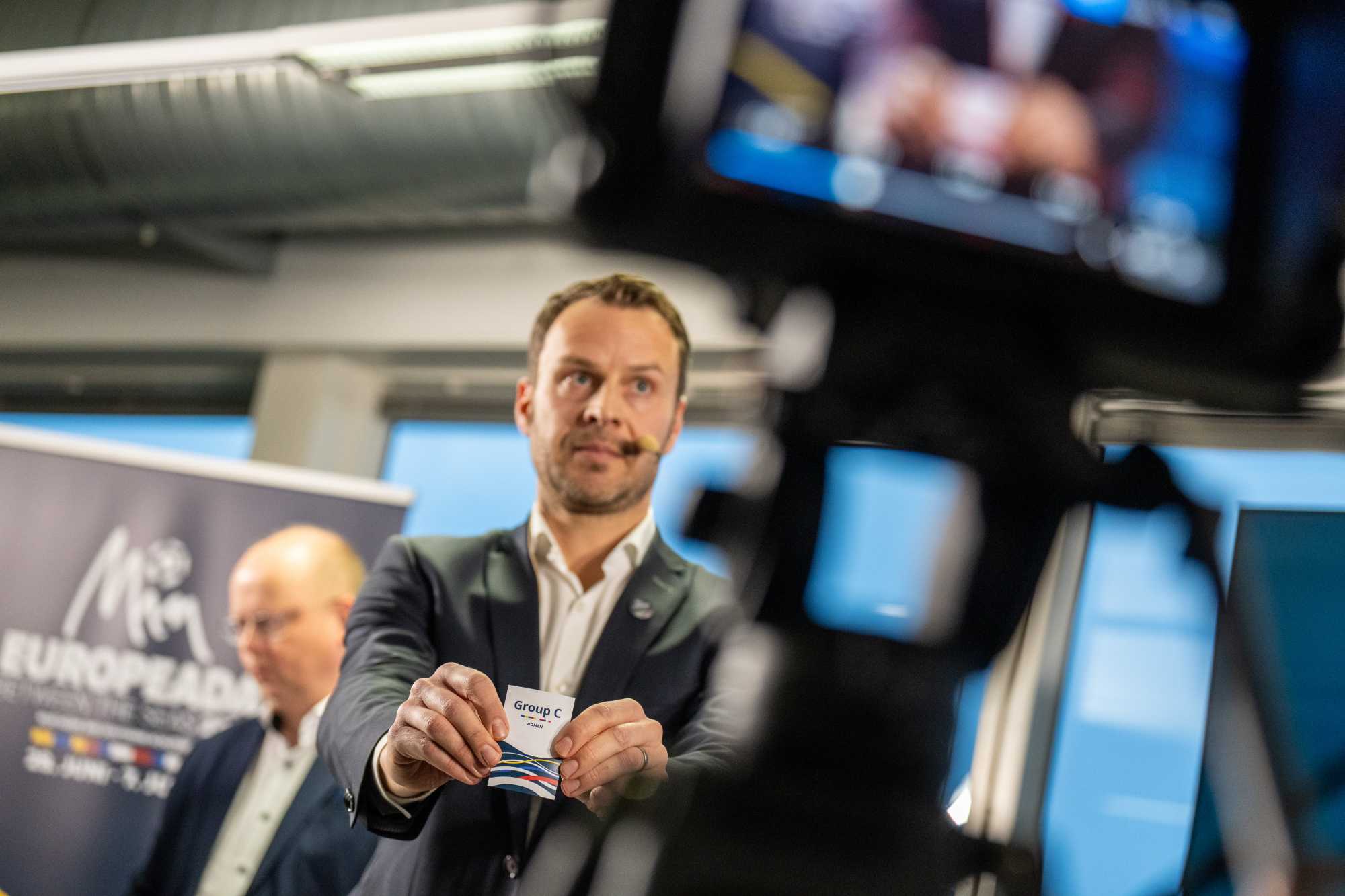
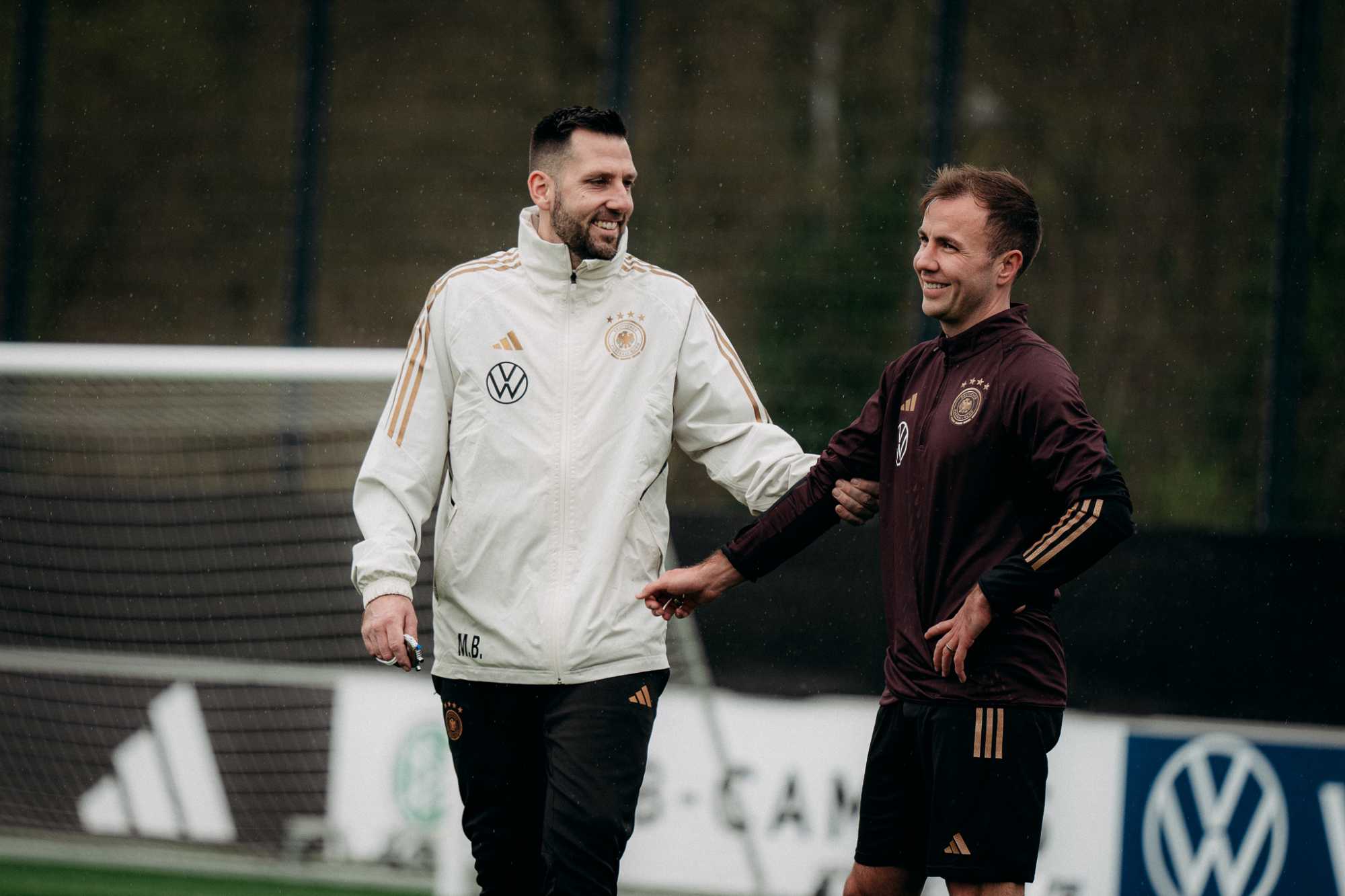
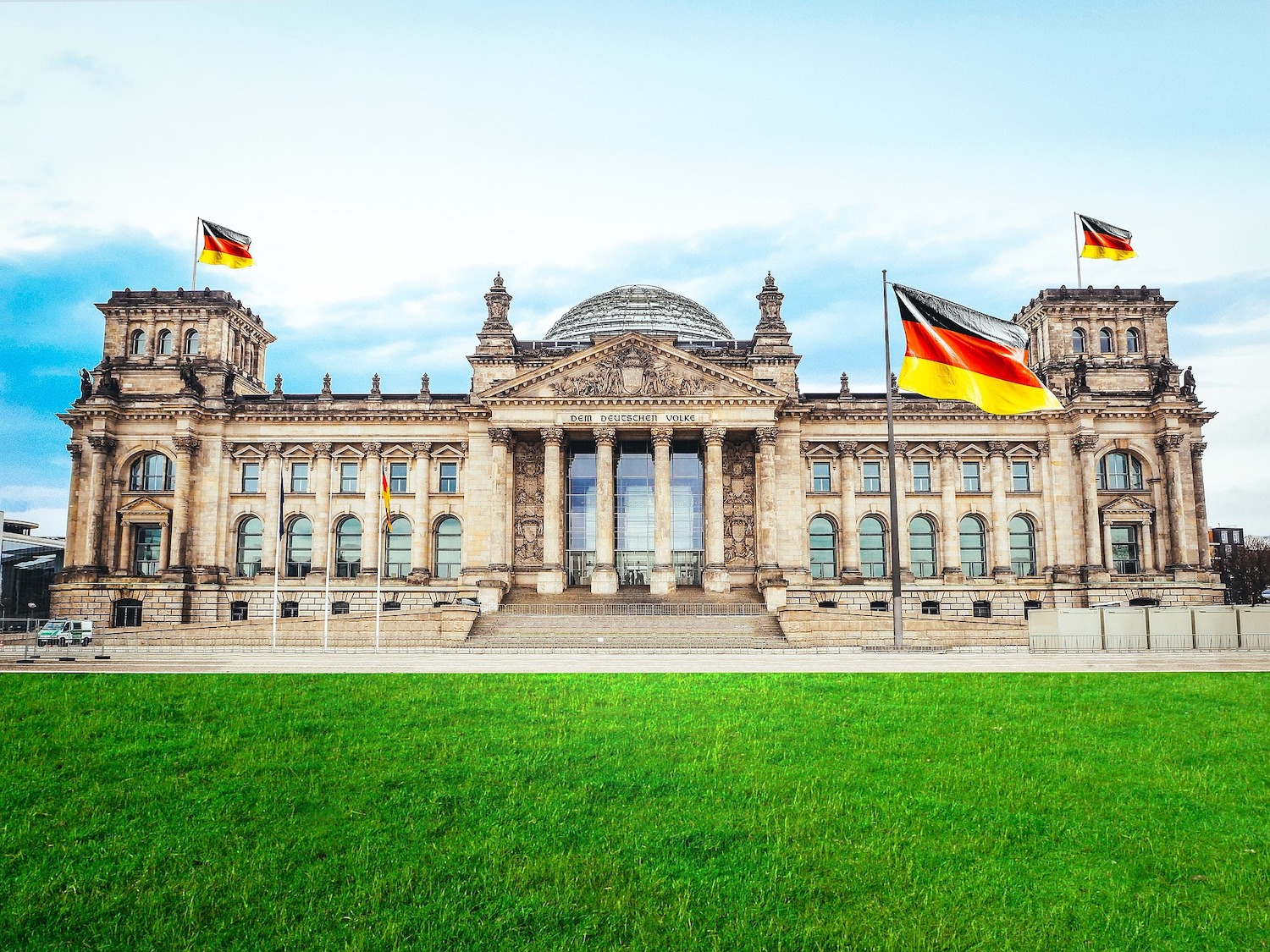
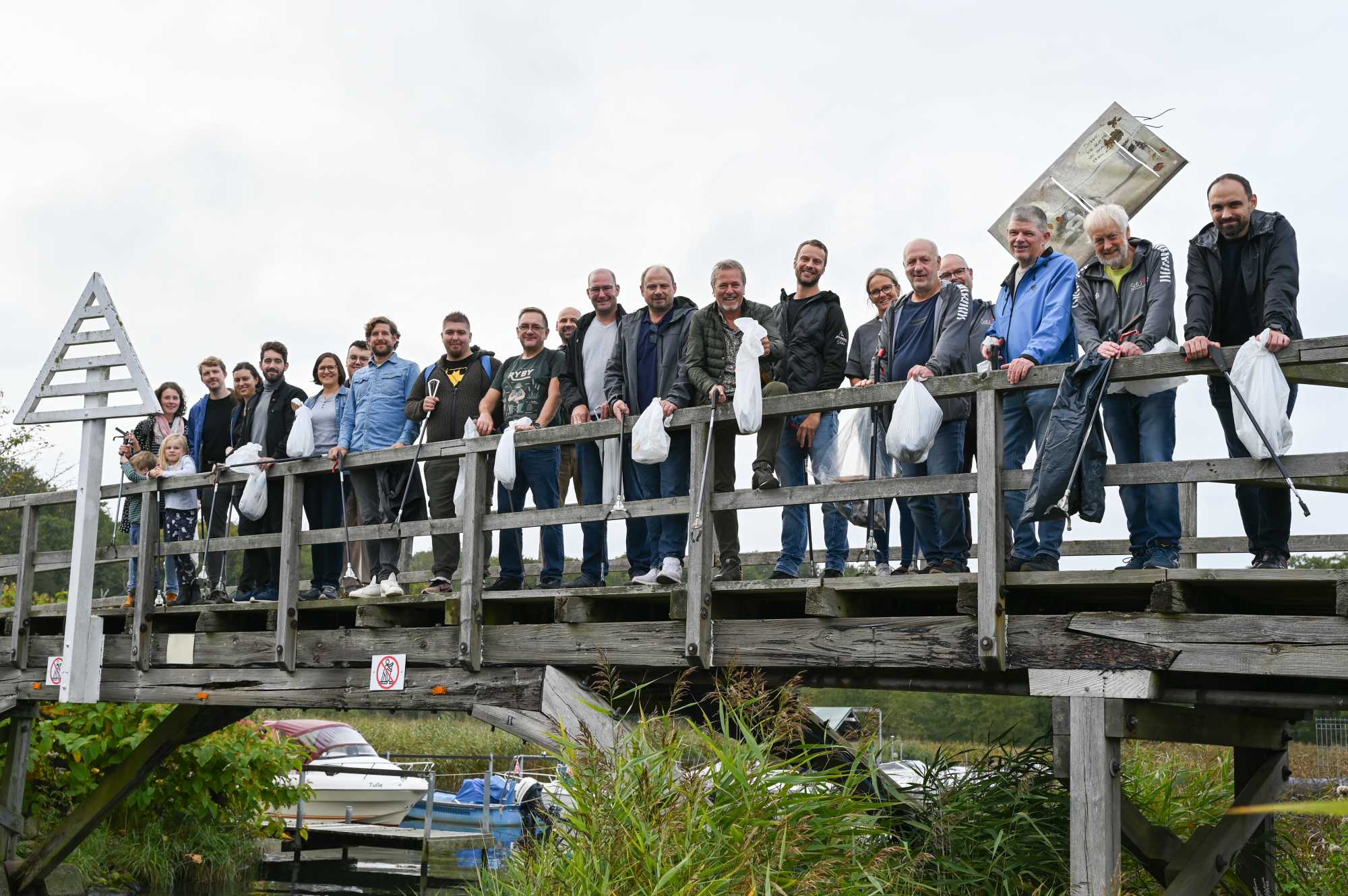
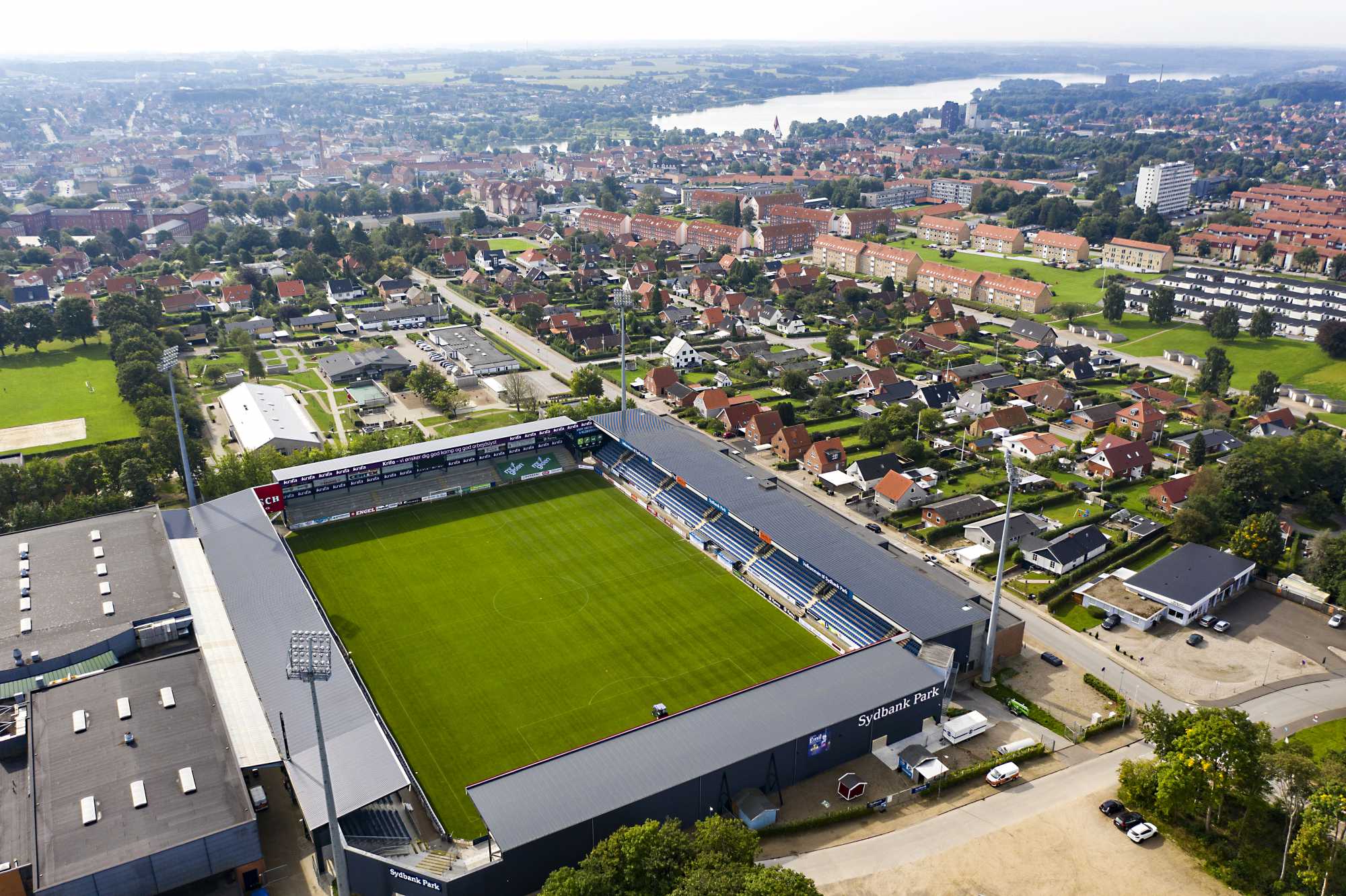
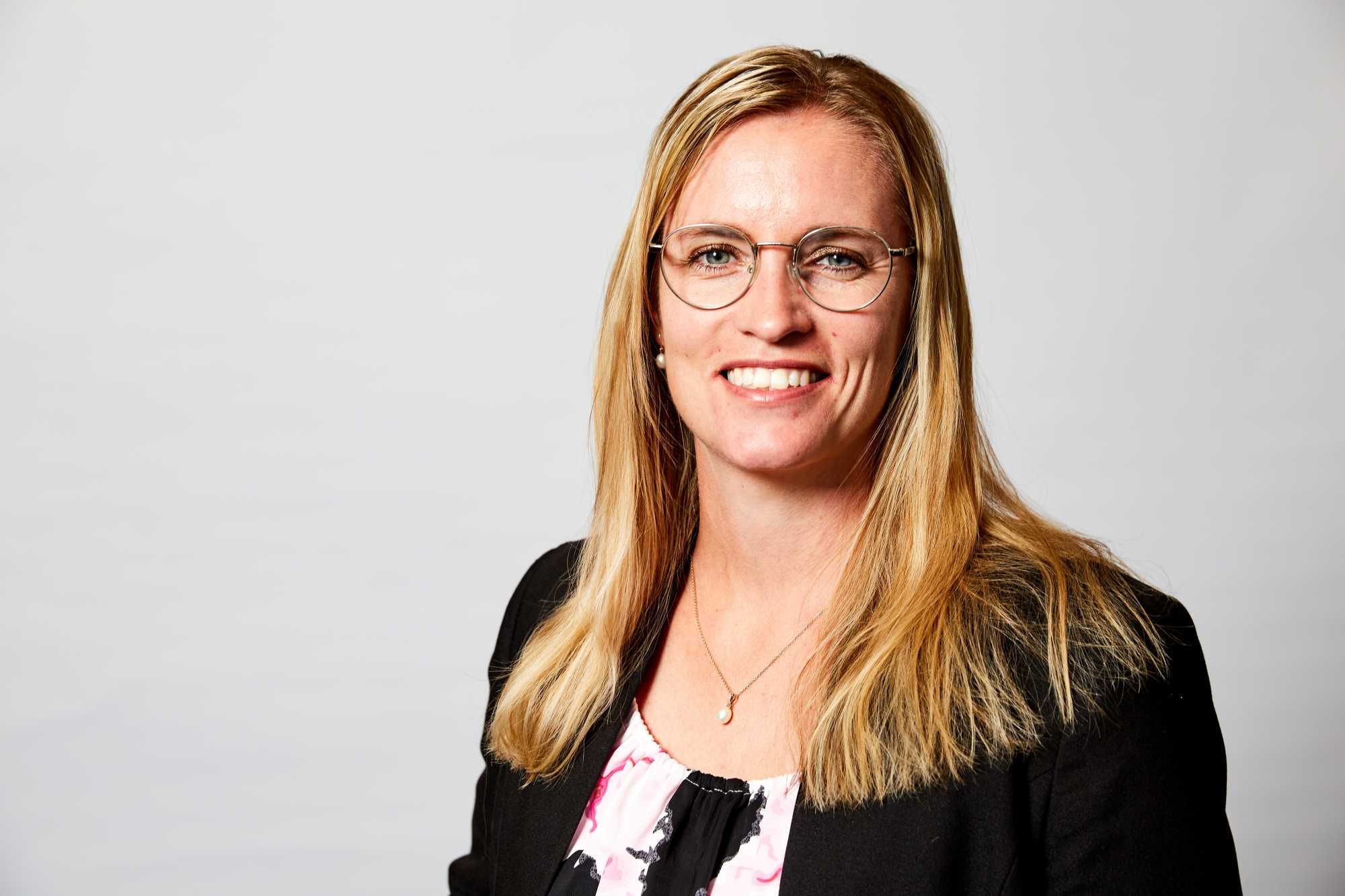
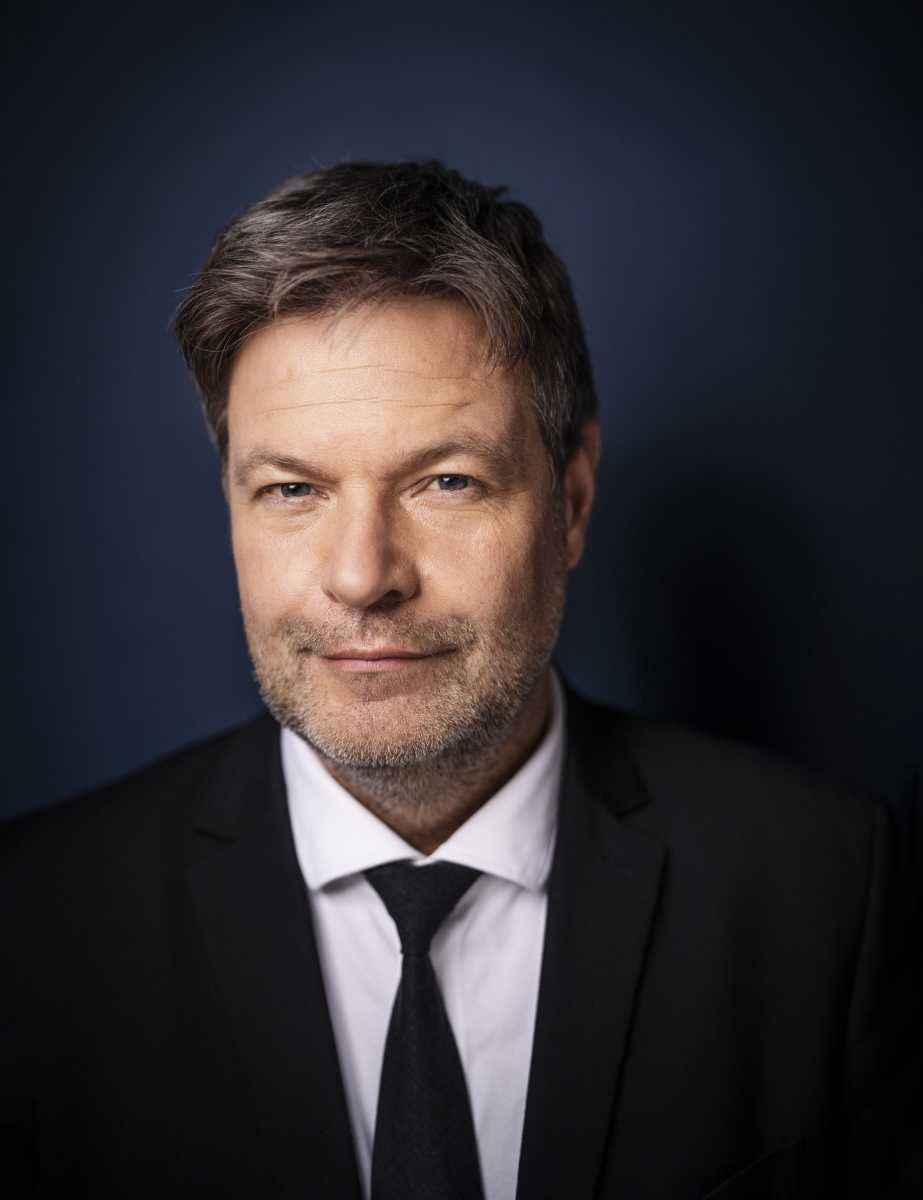
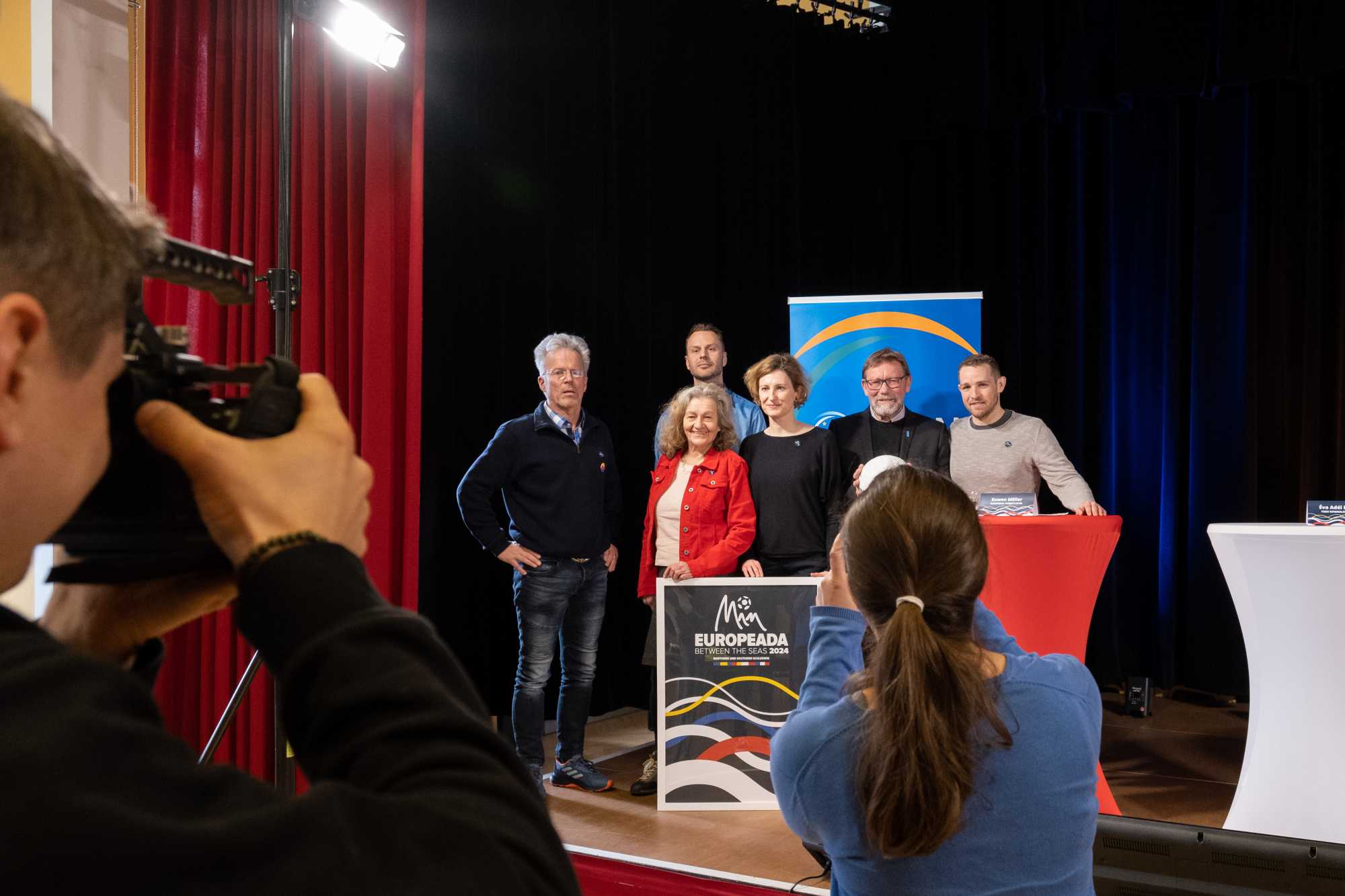



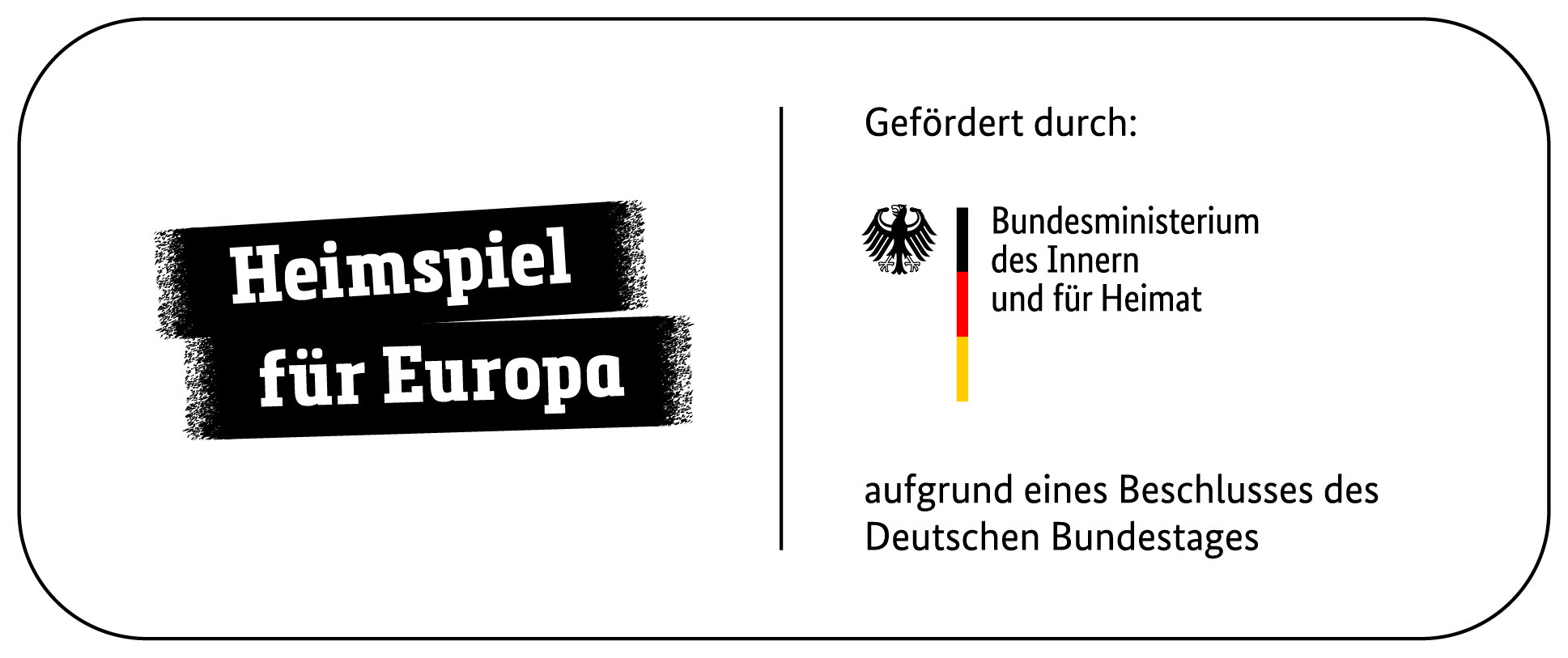
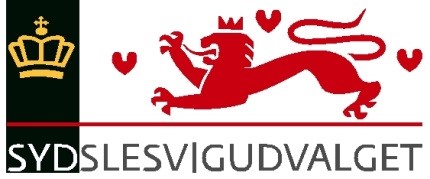



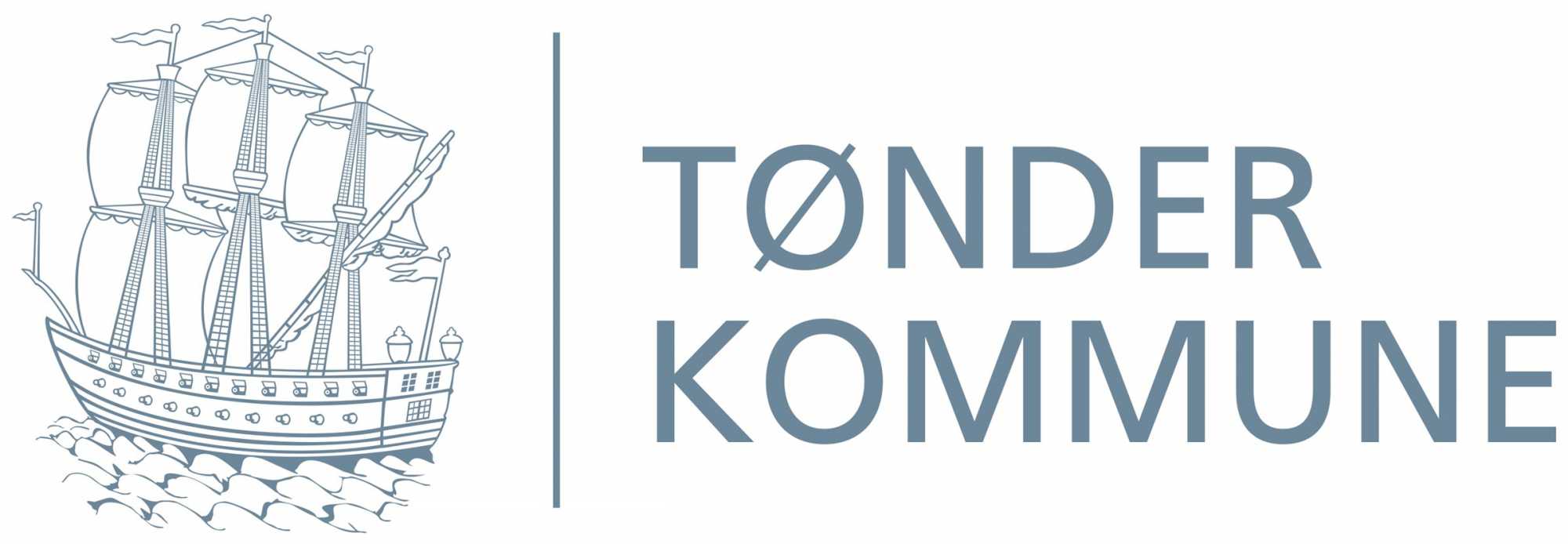
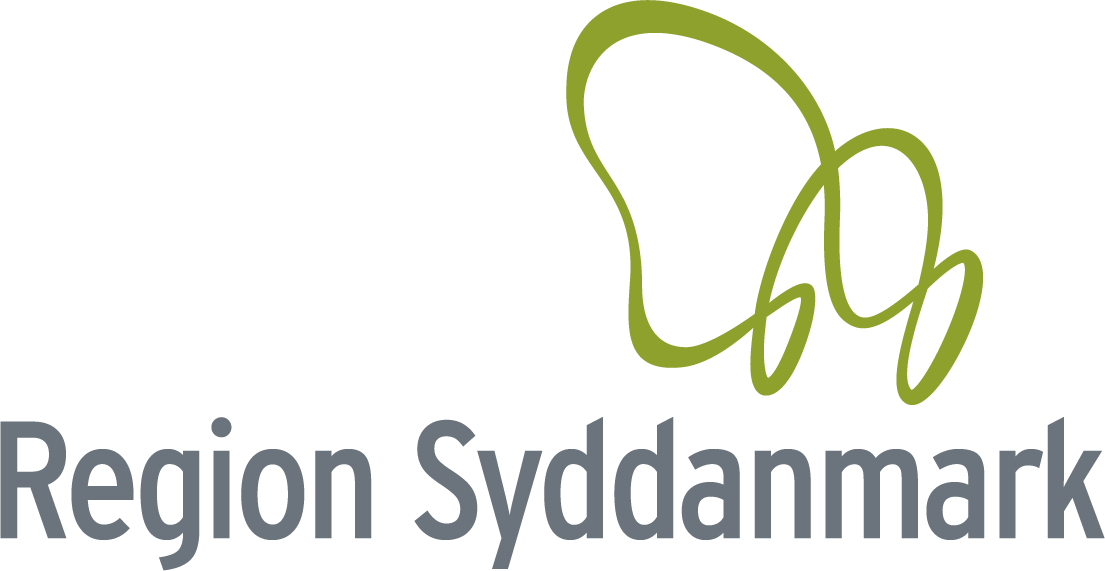
.png)



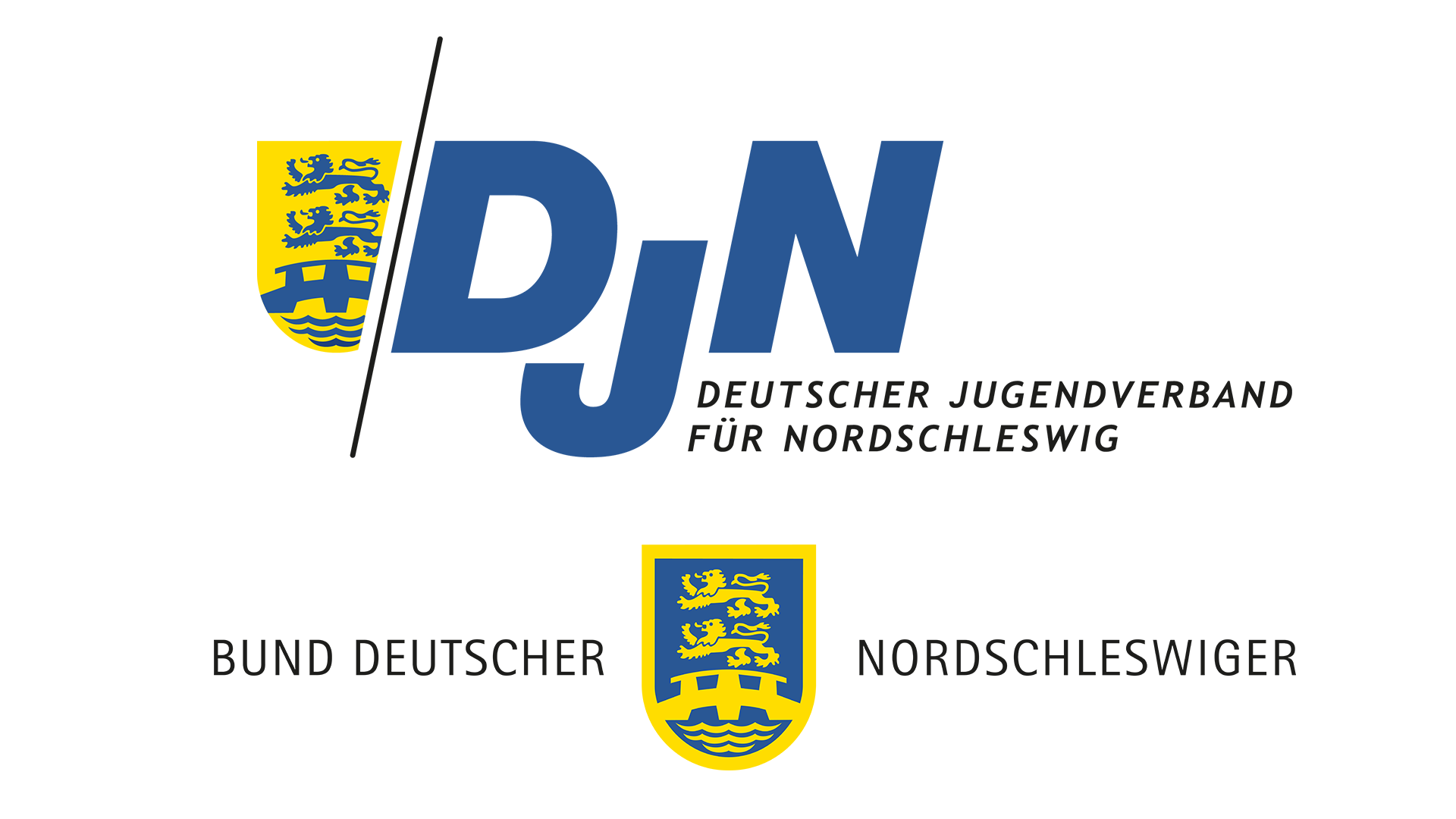
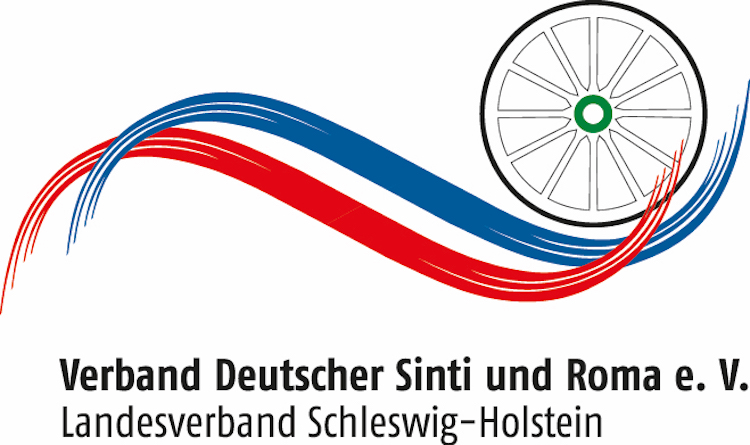

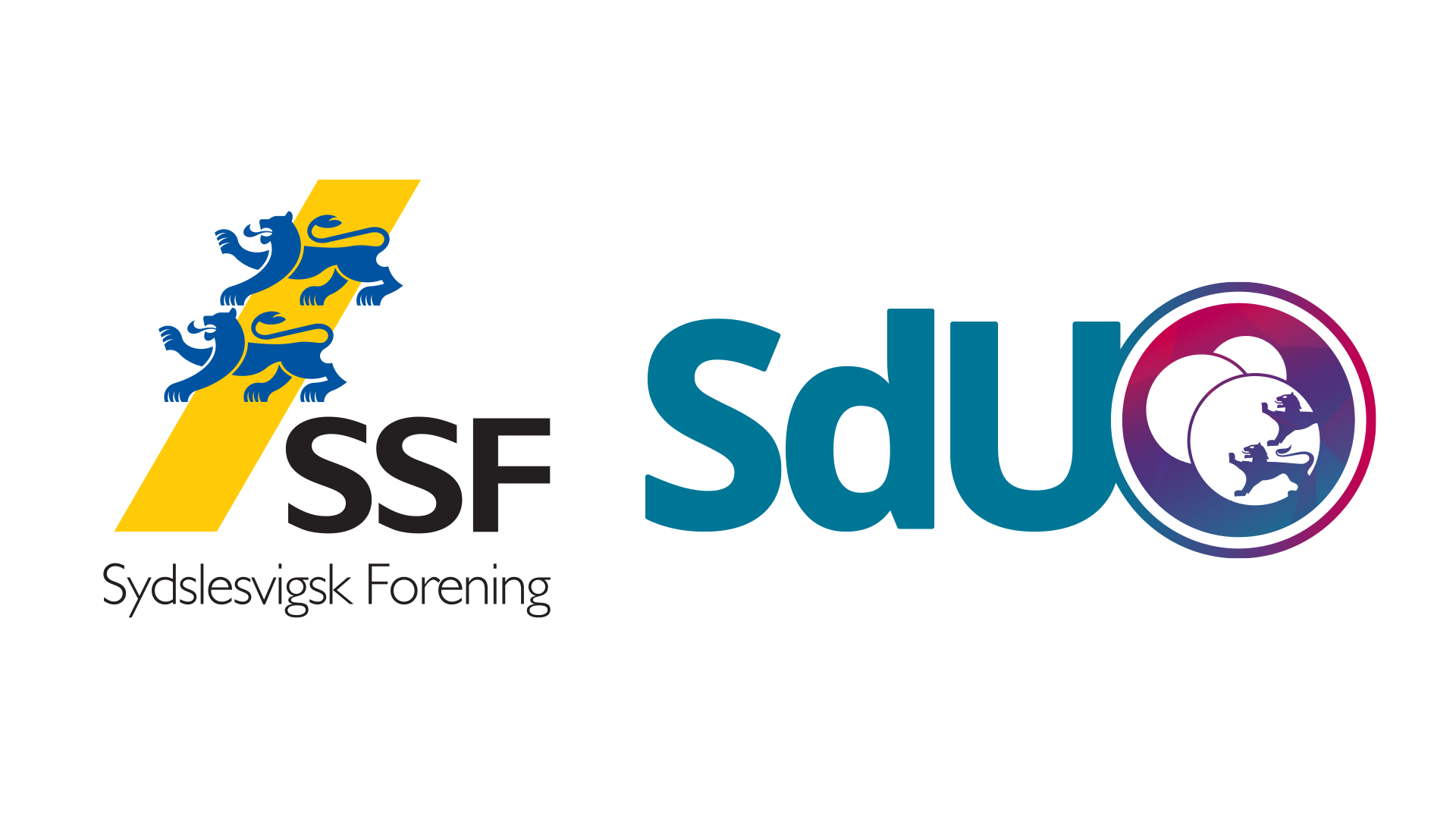
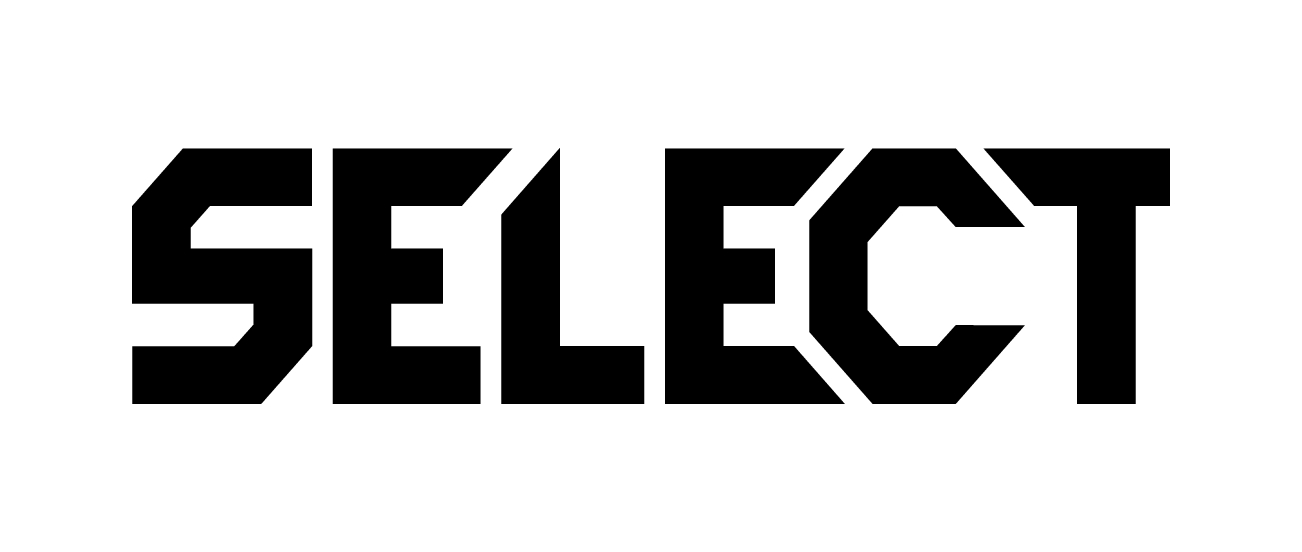

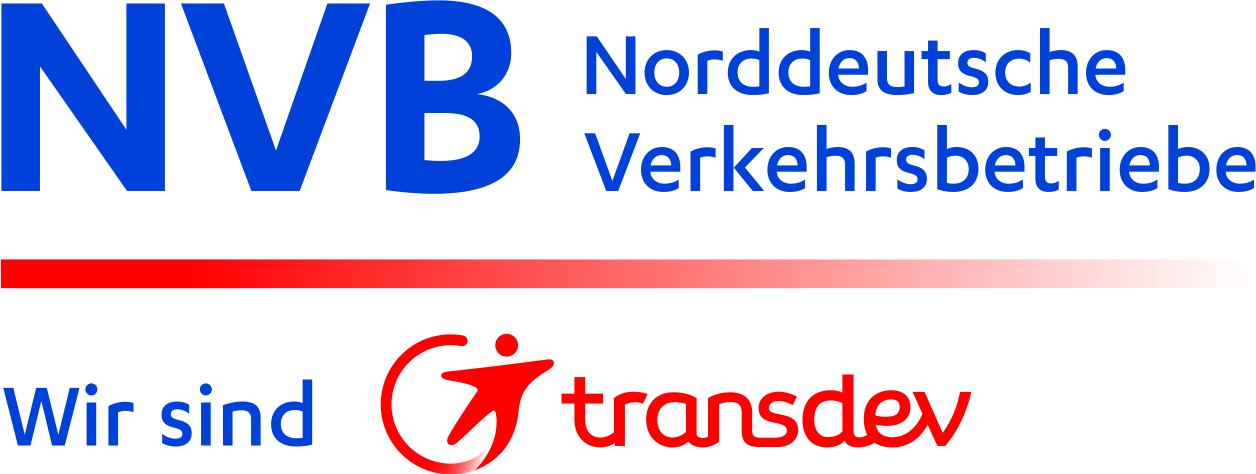

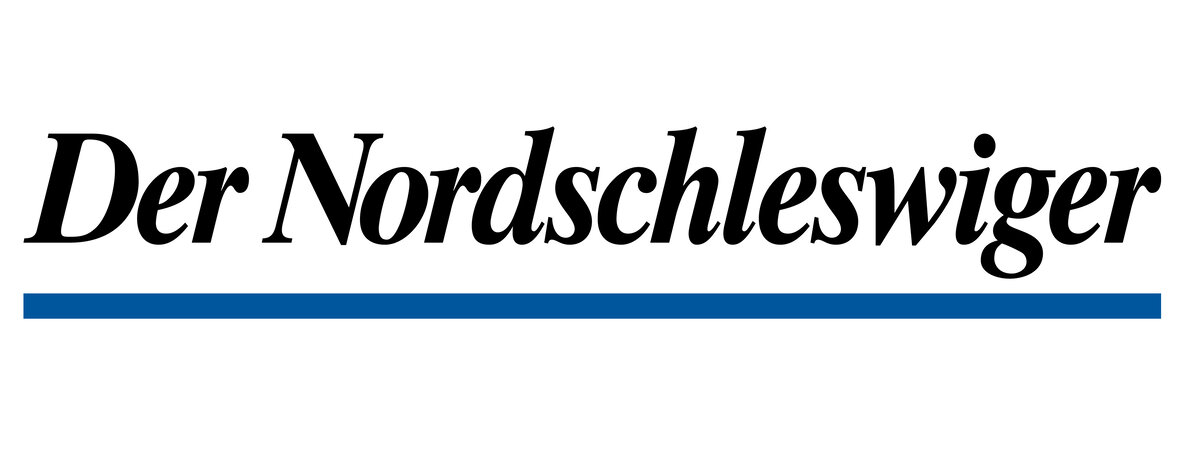




-1.png)
_(1).png)
